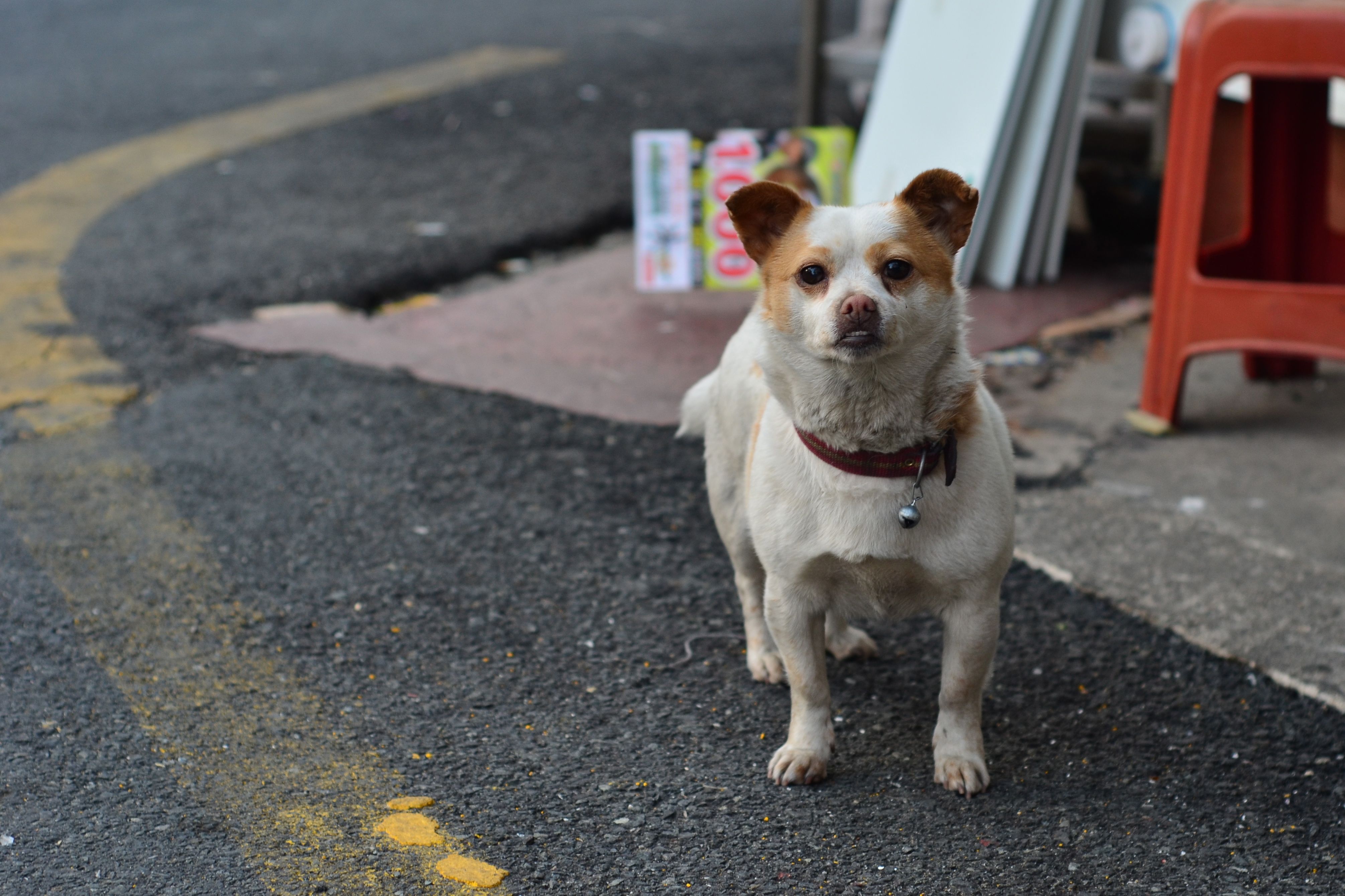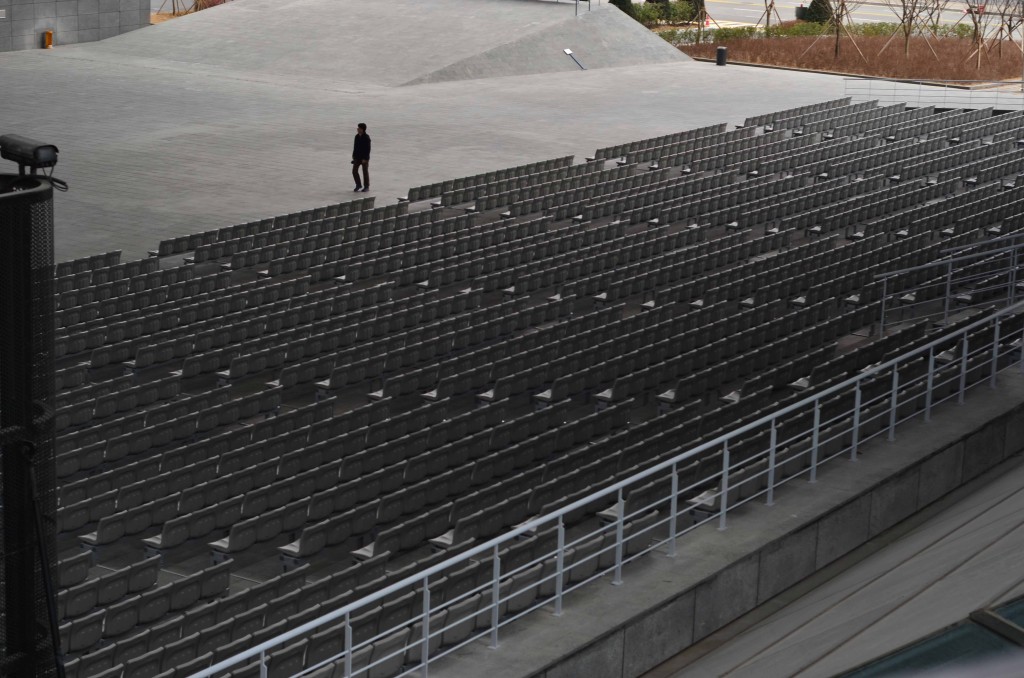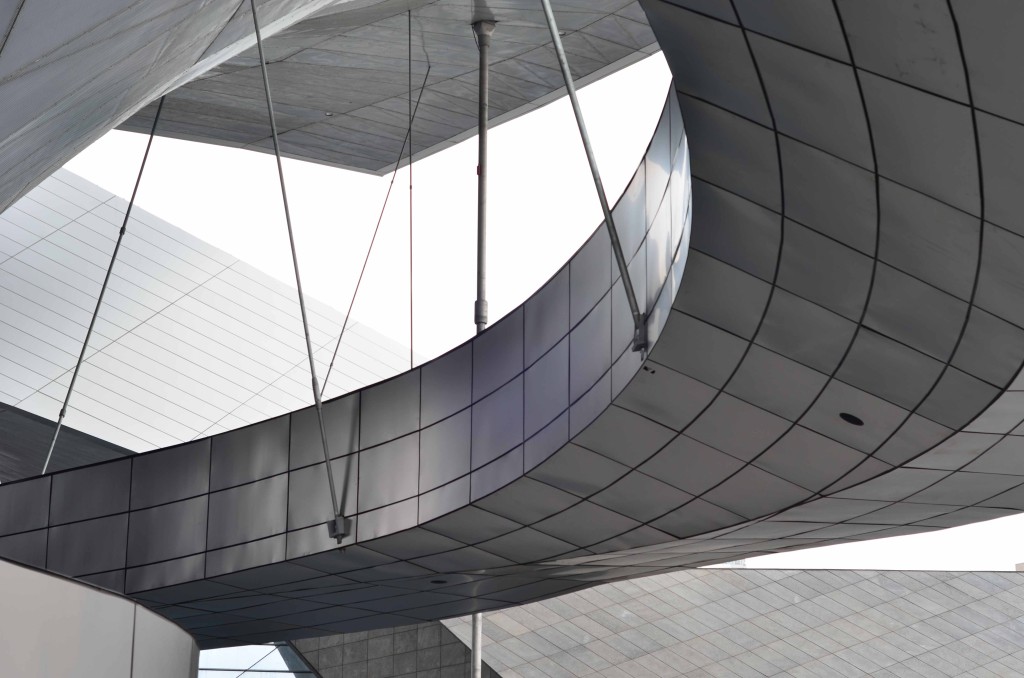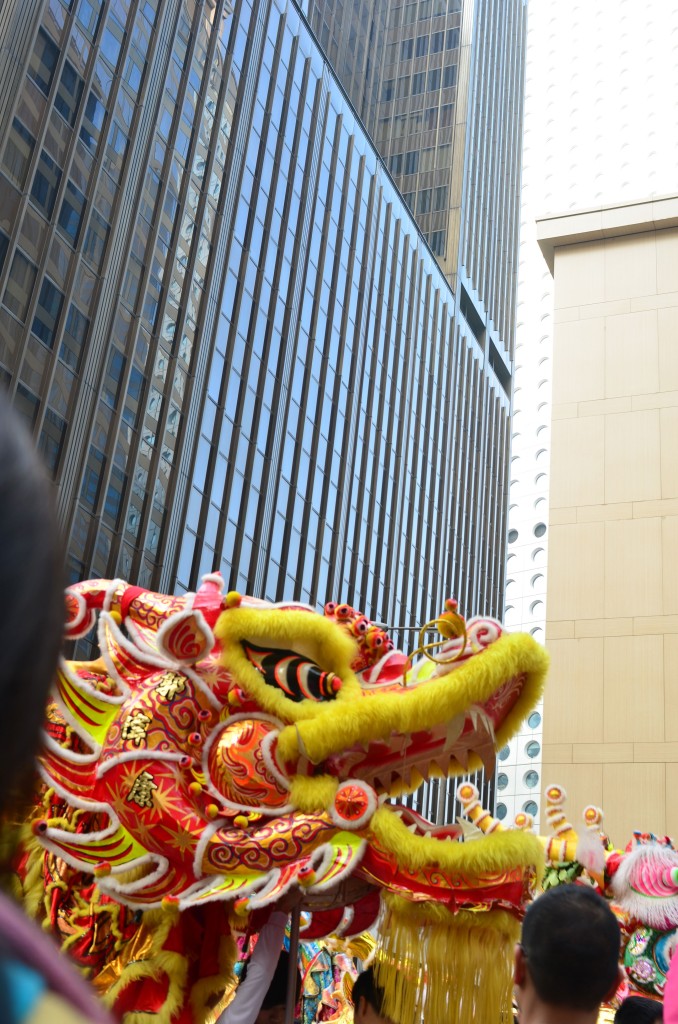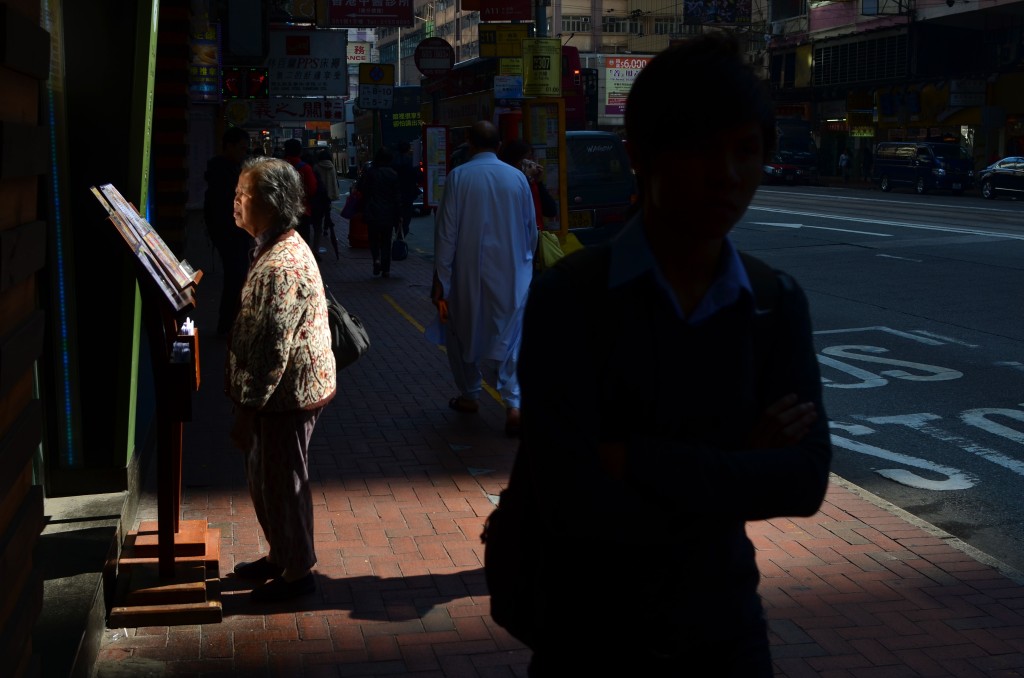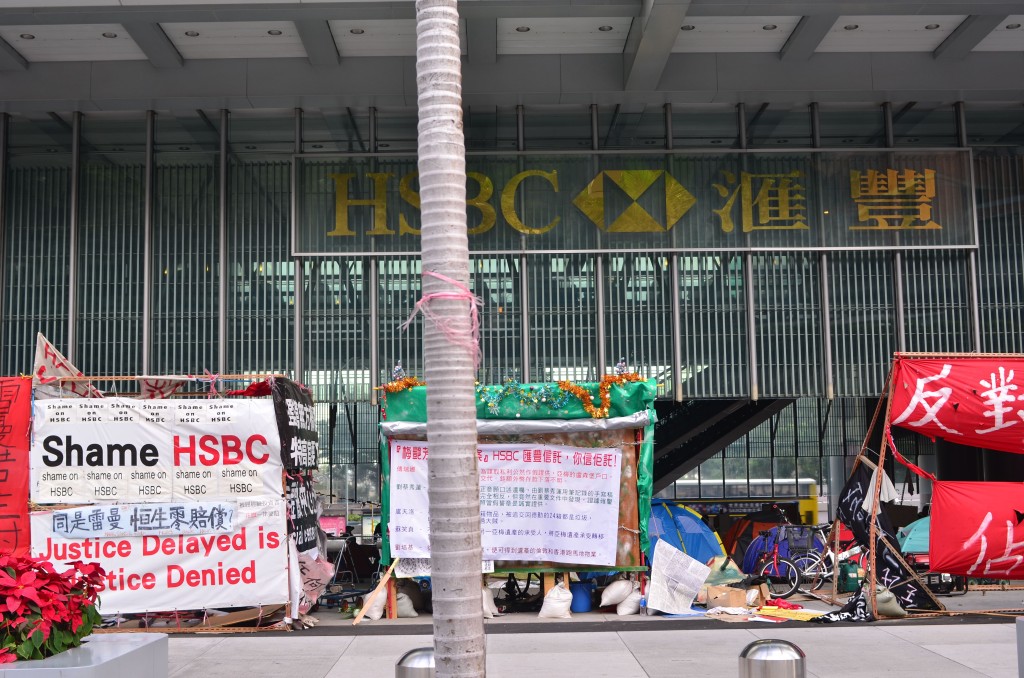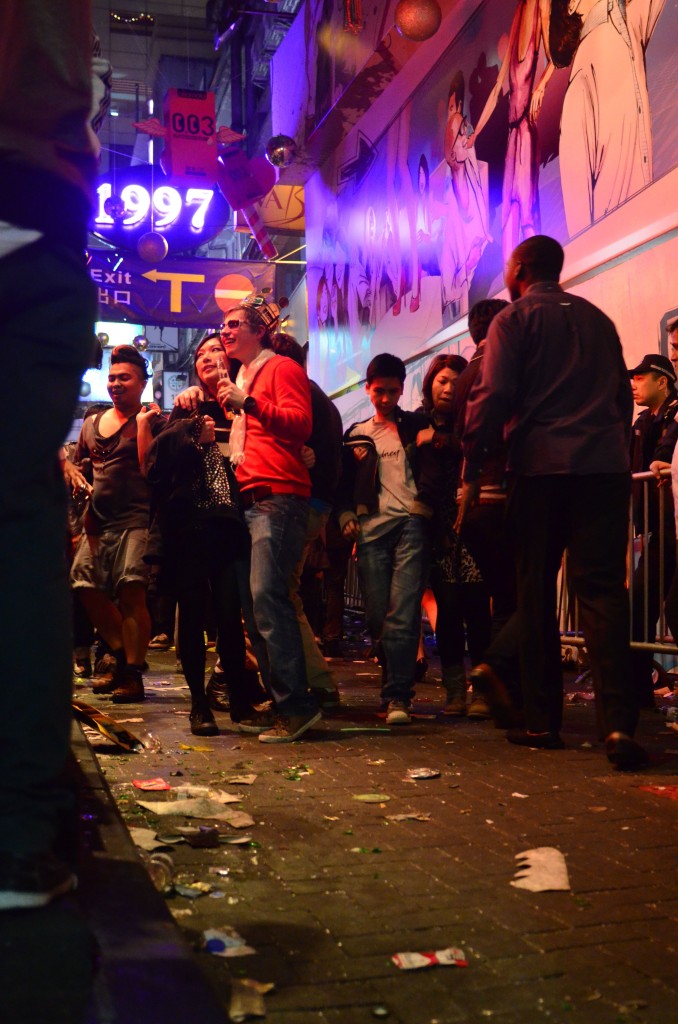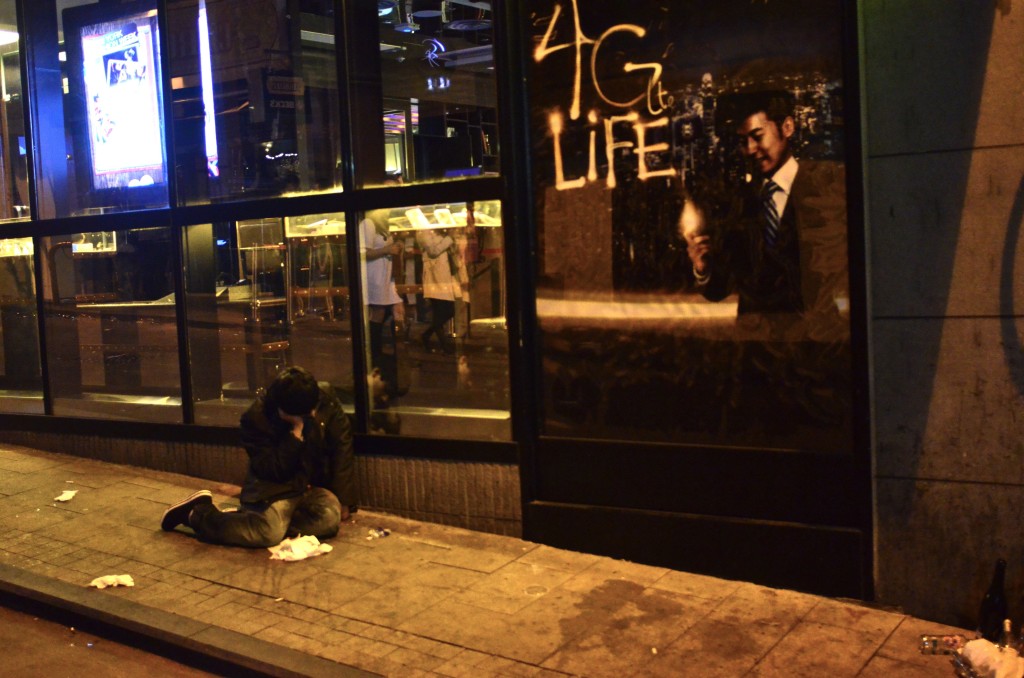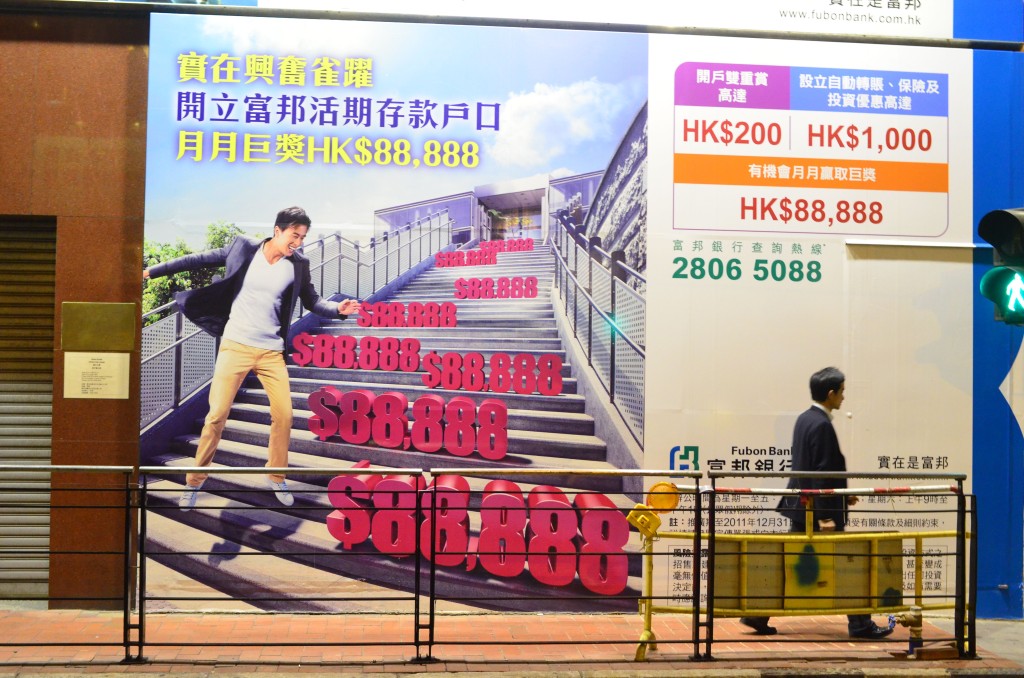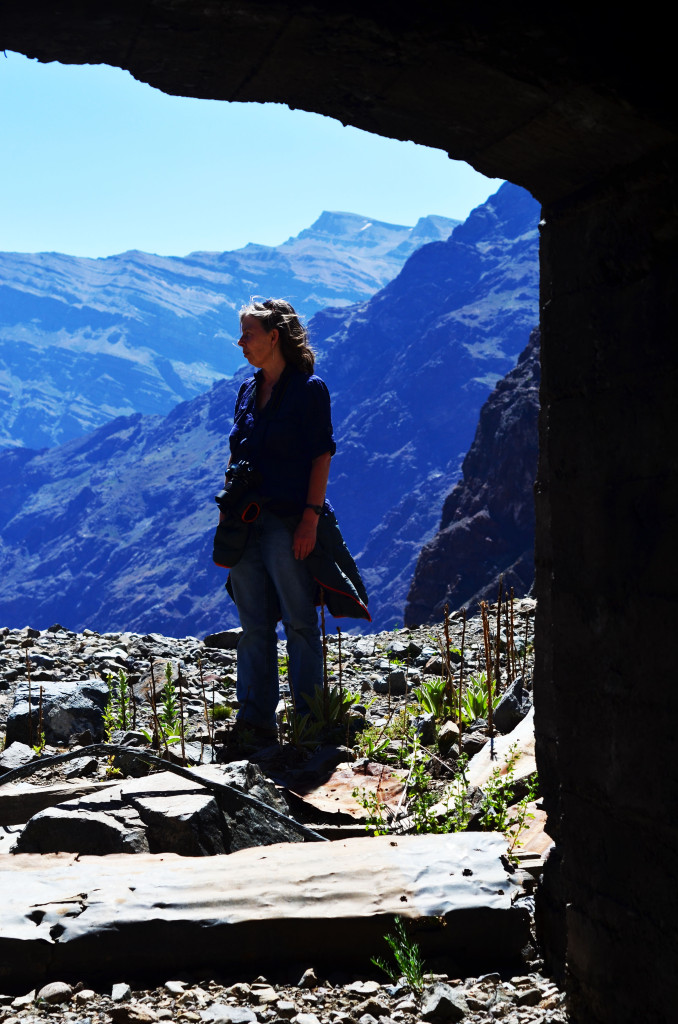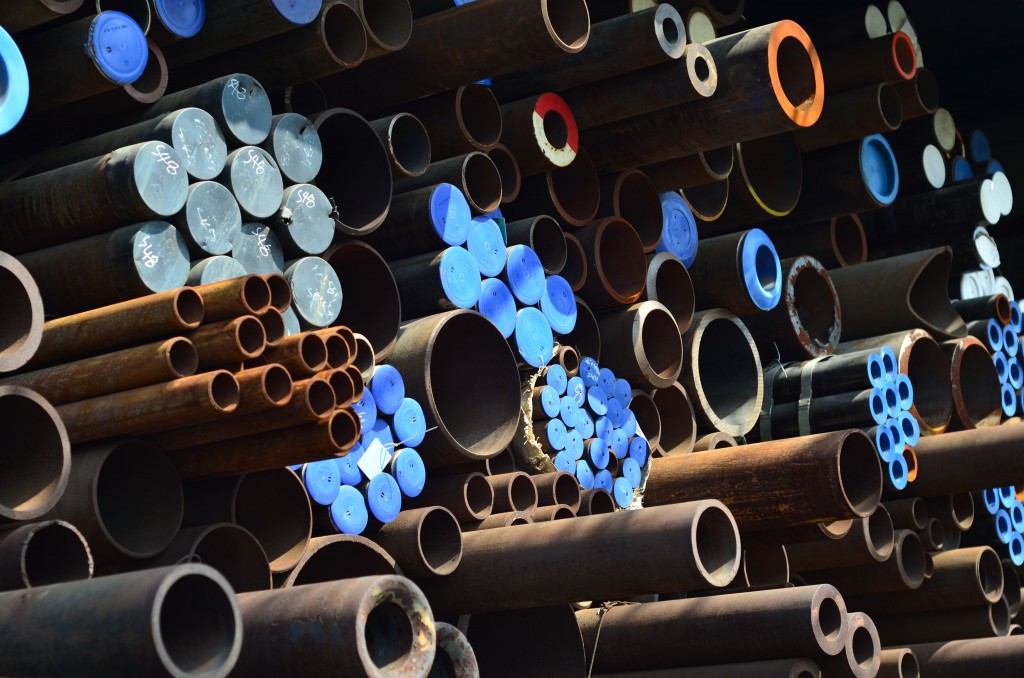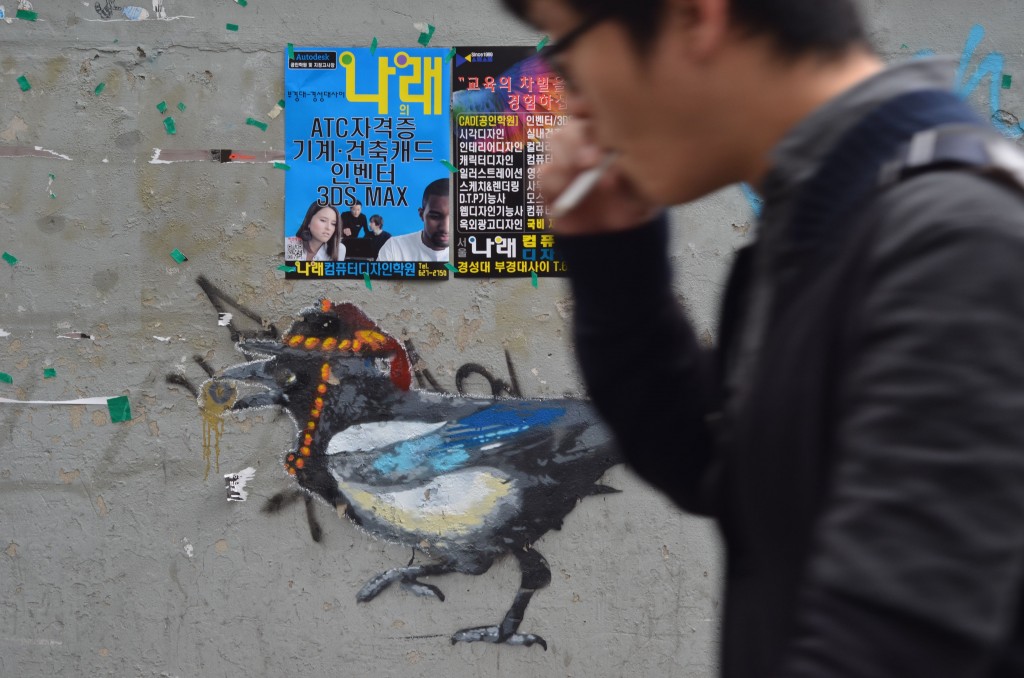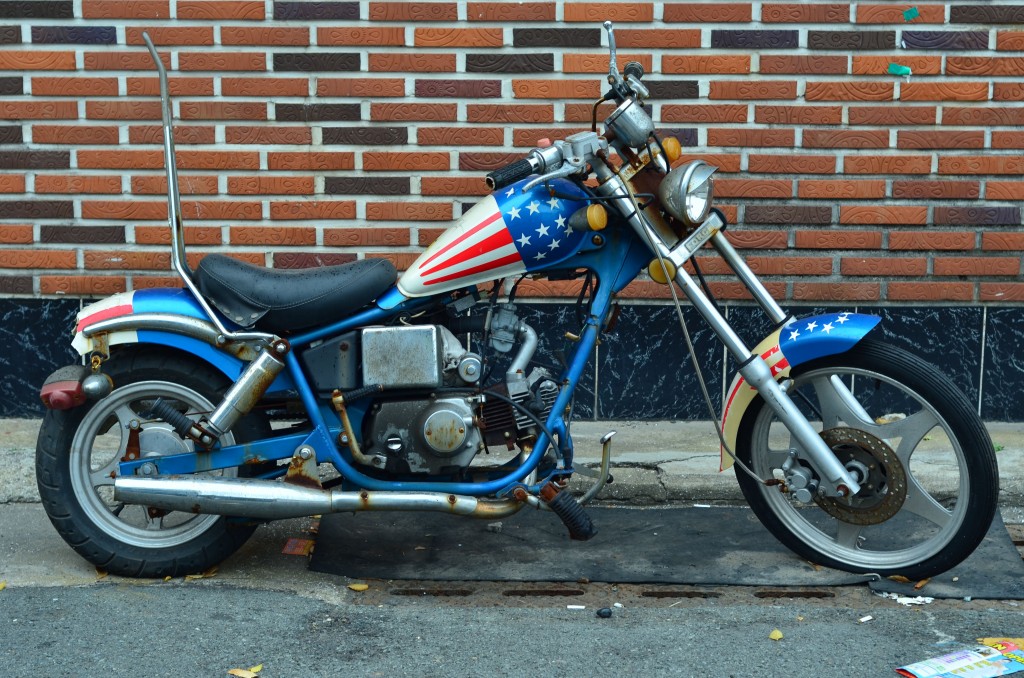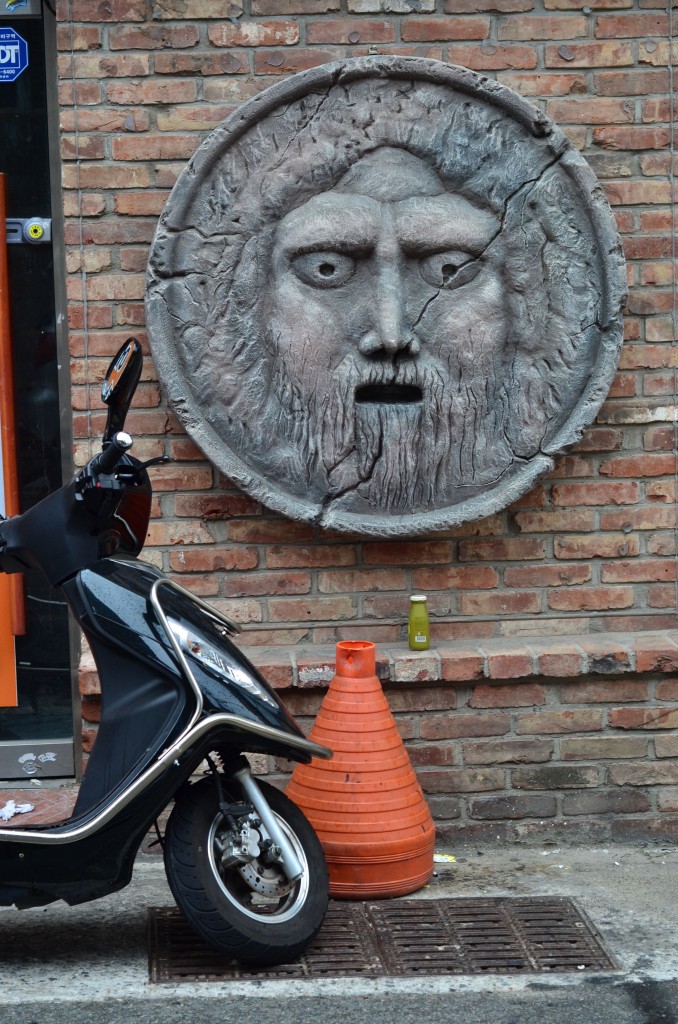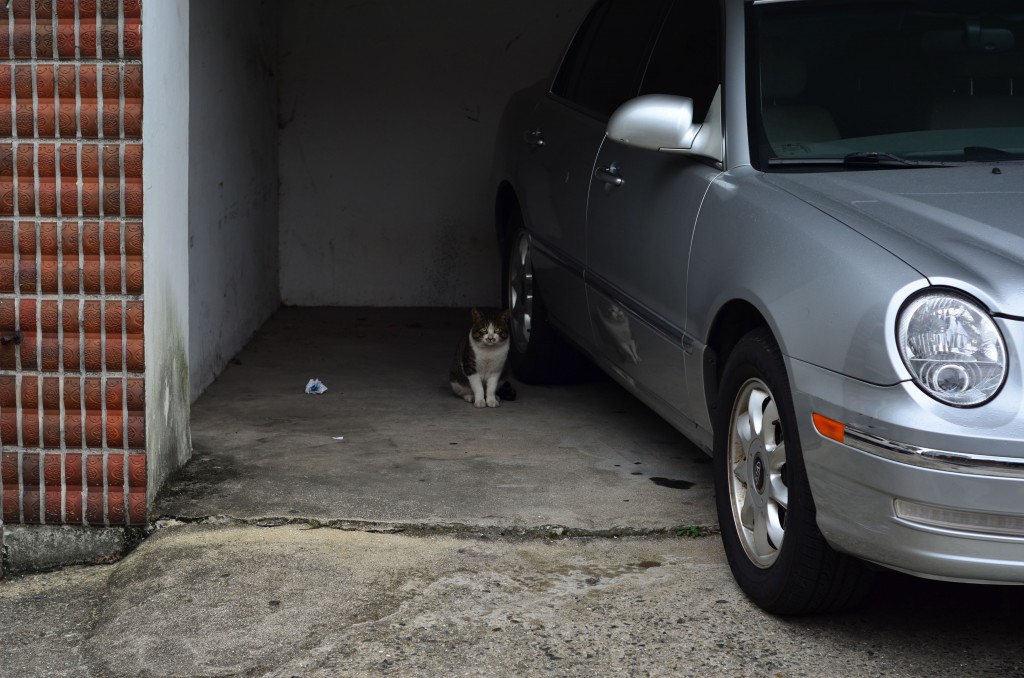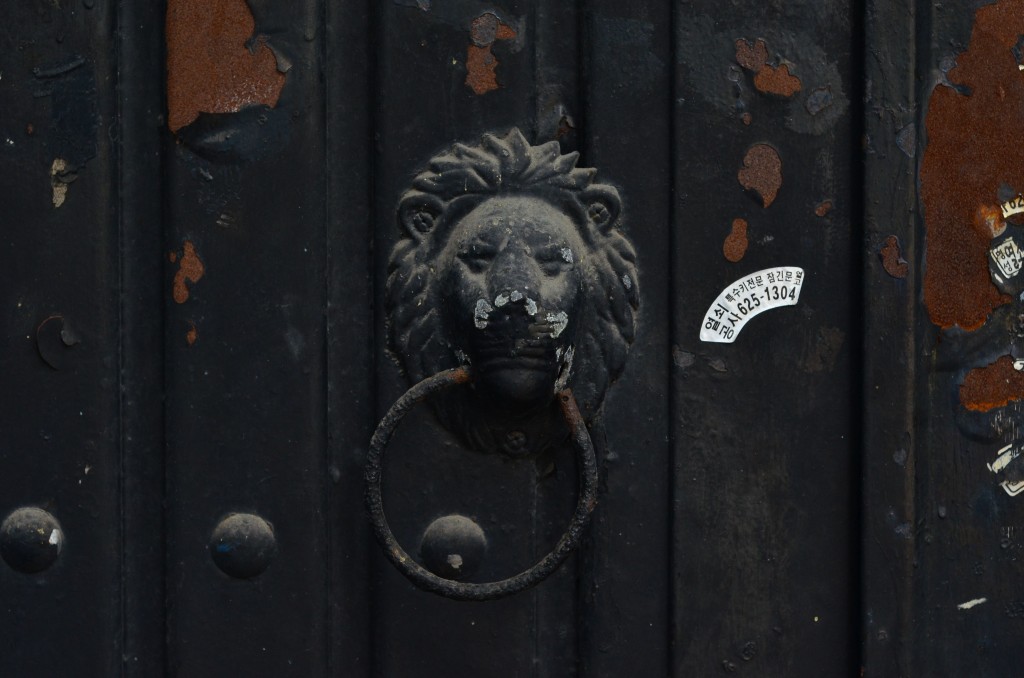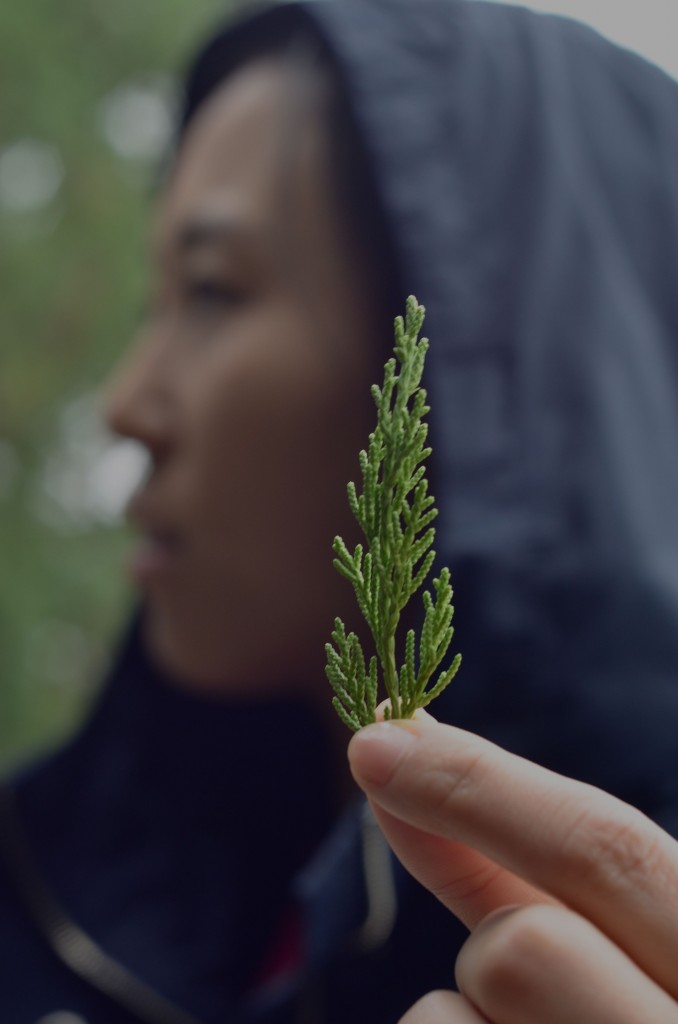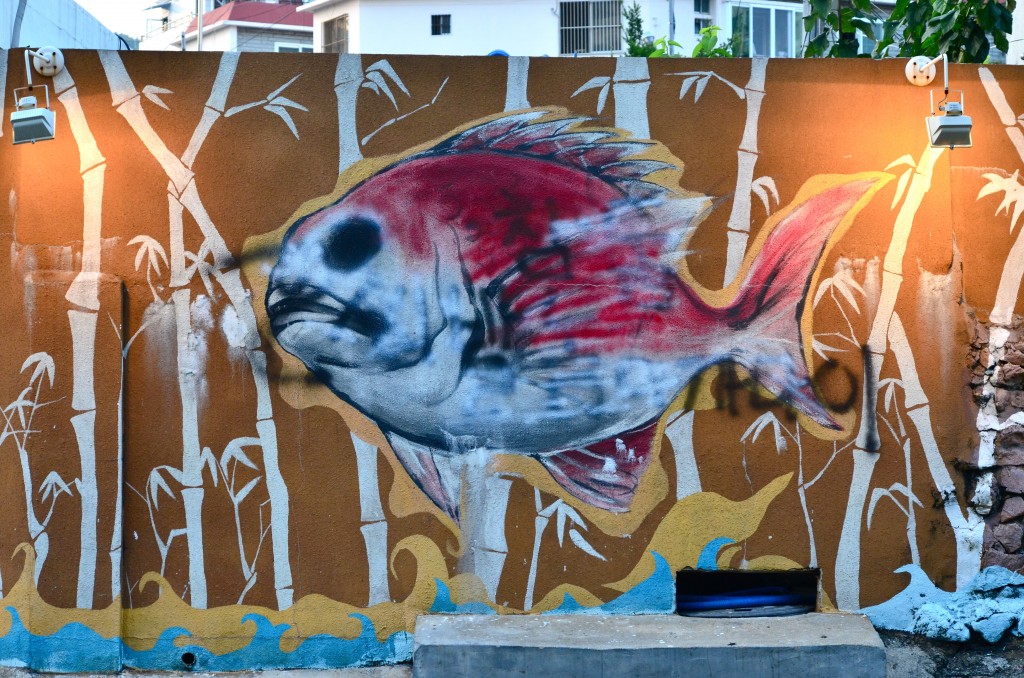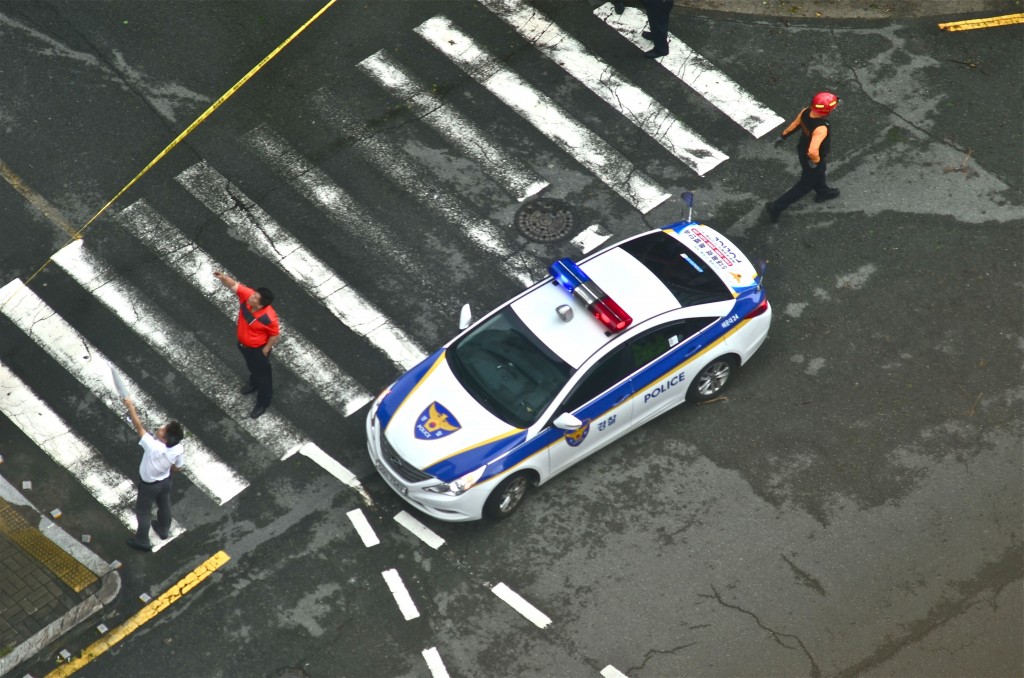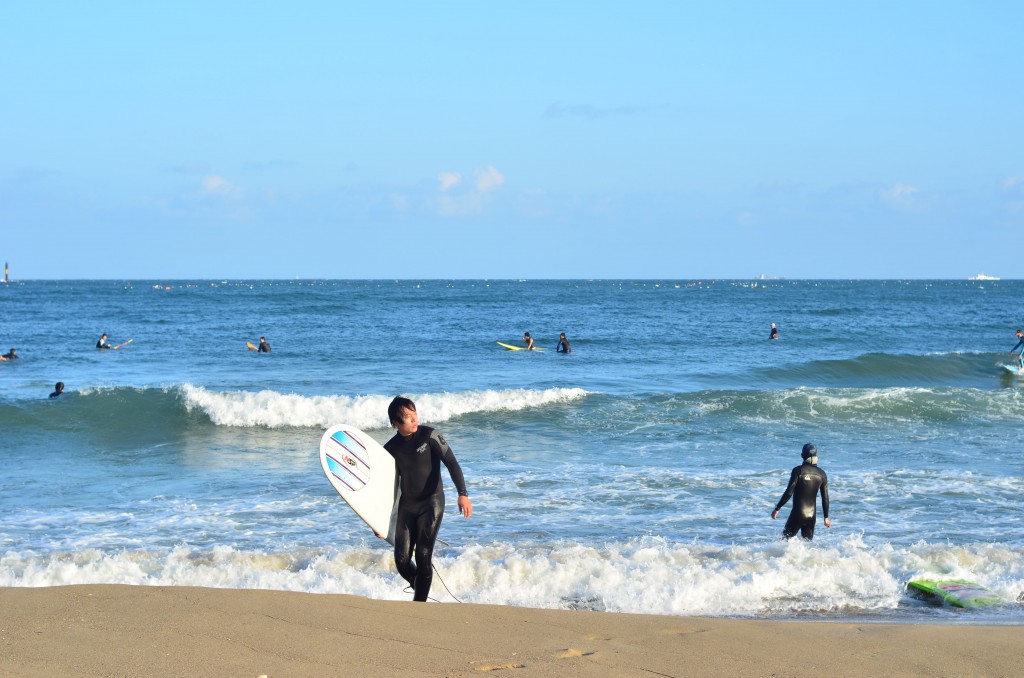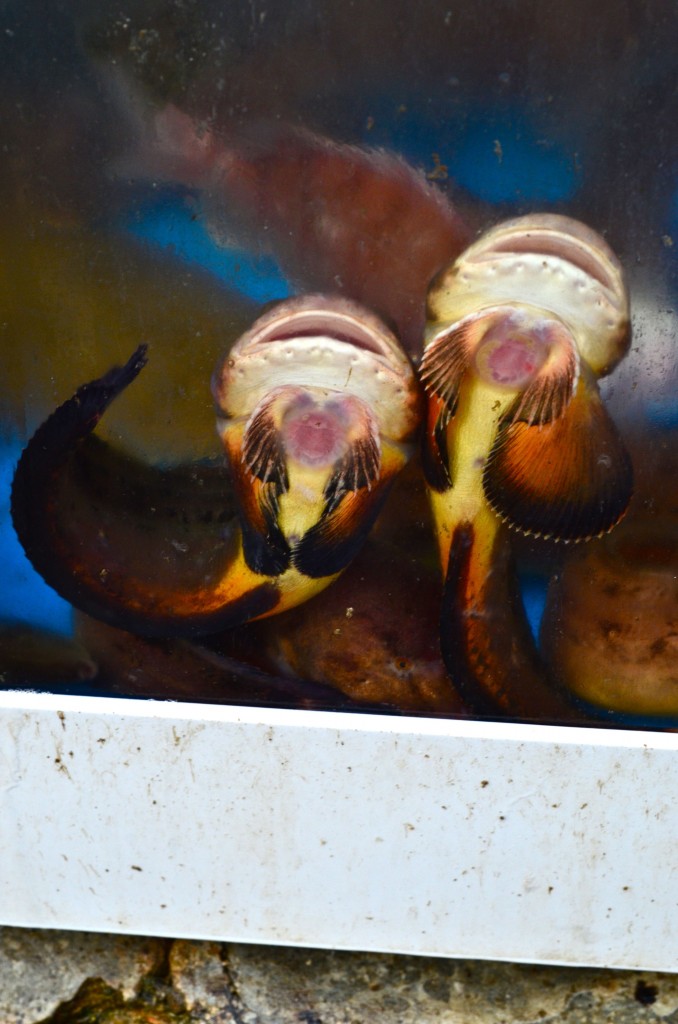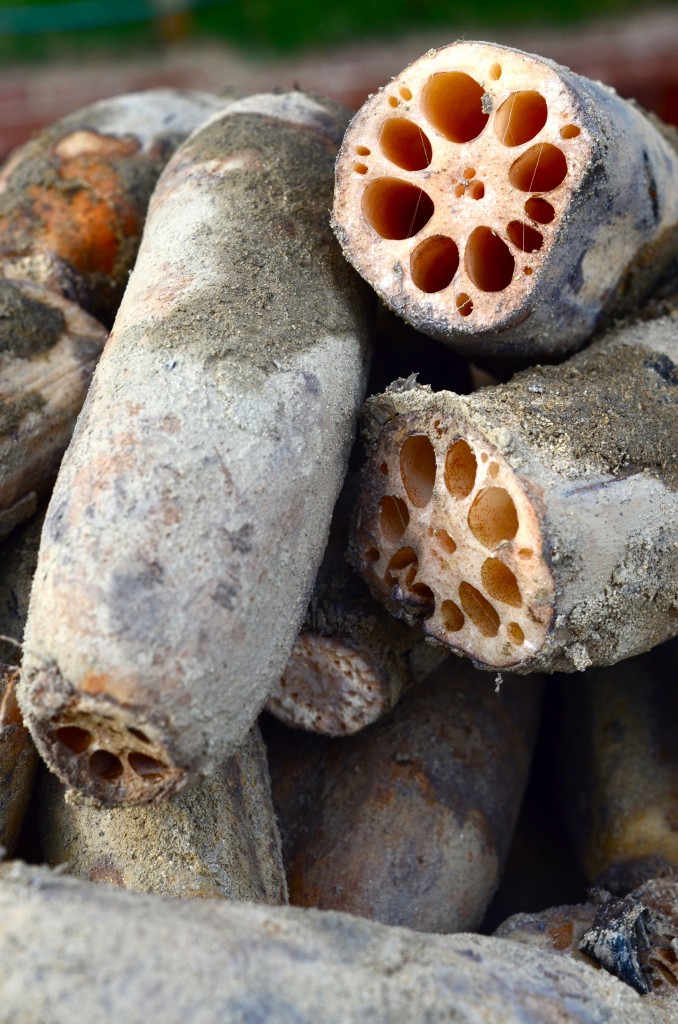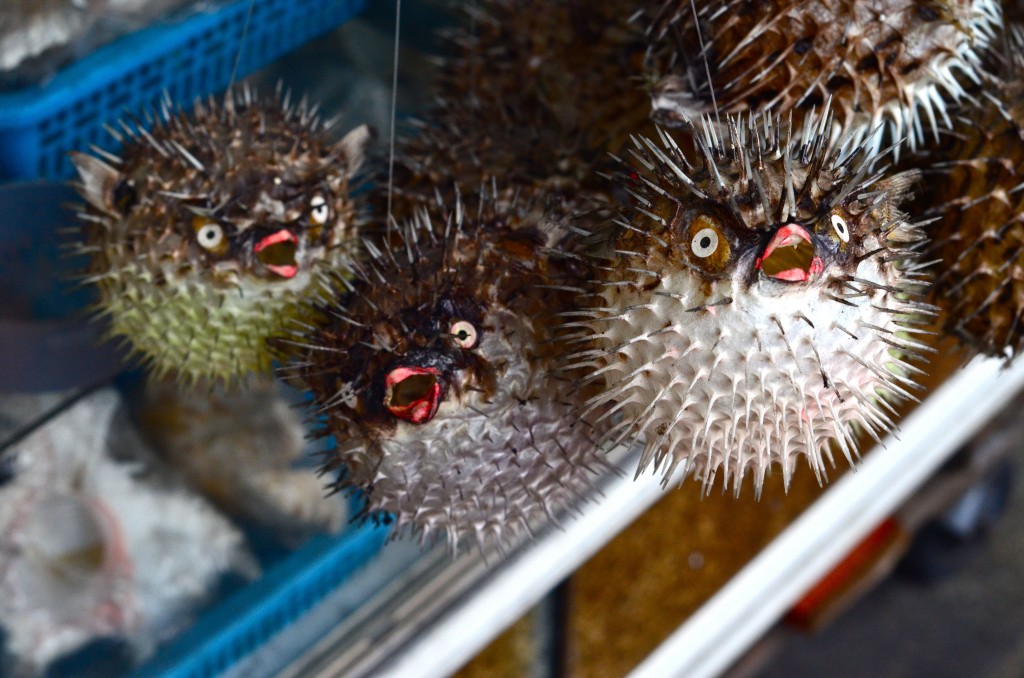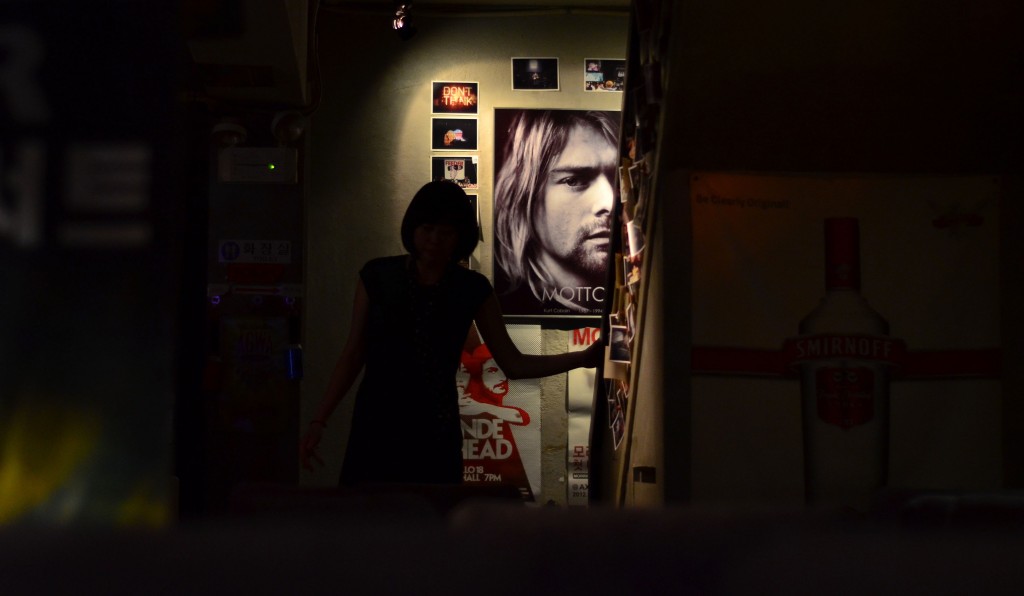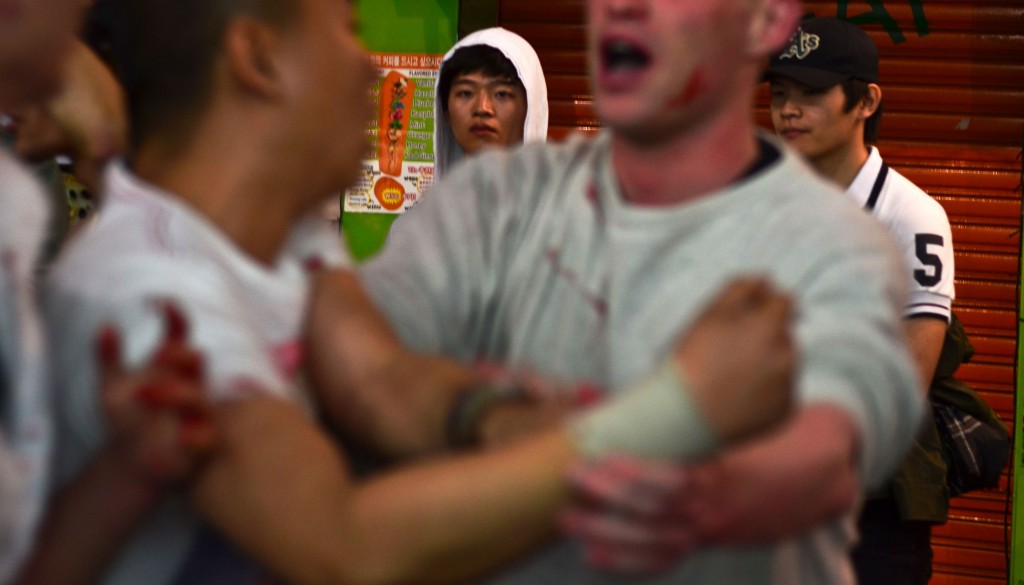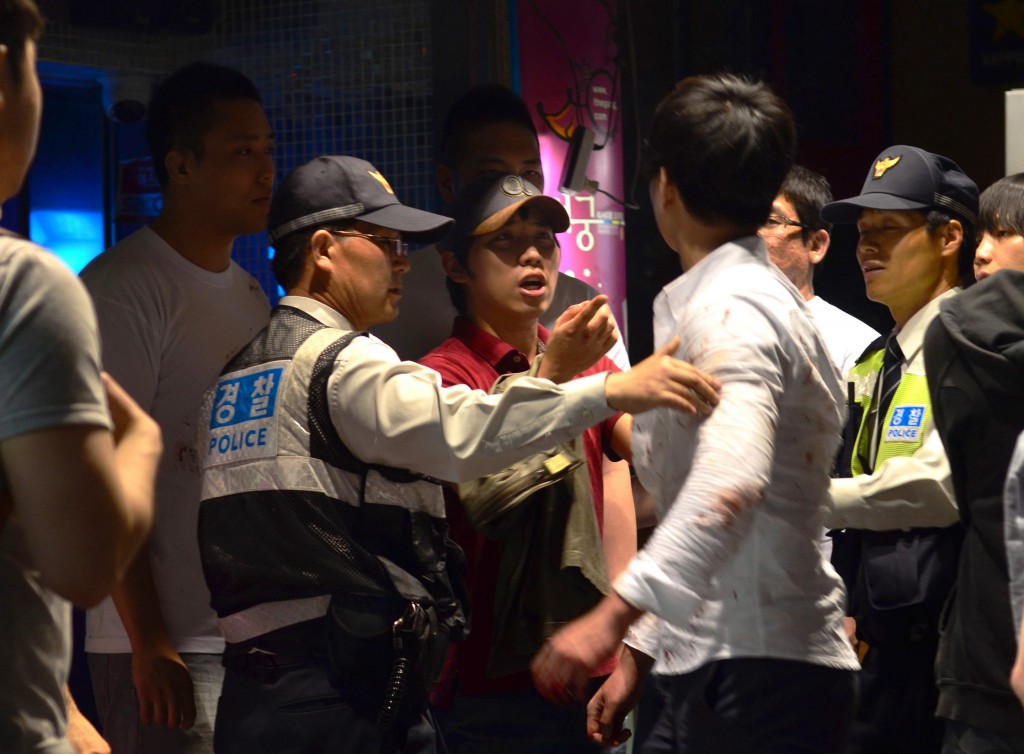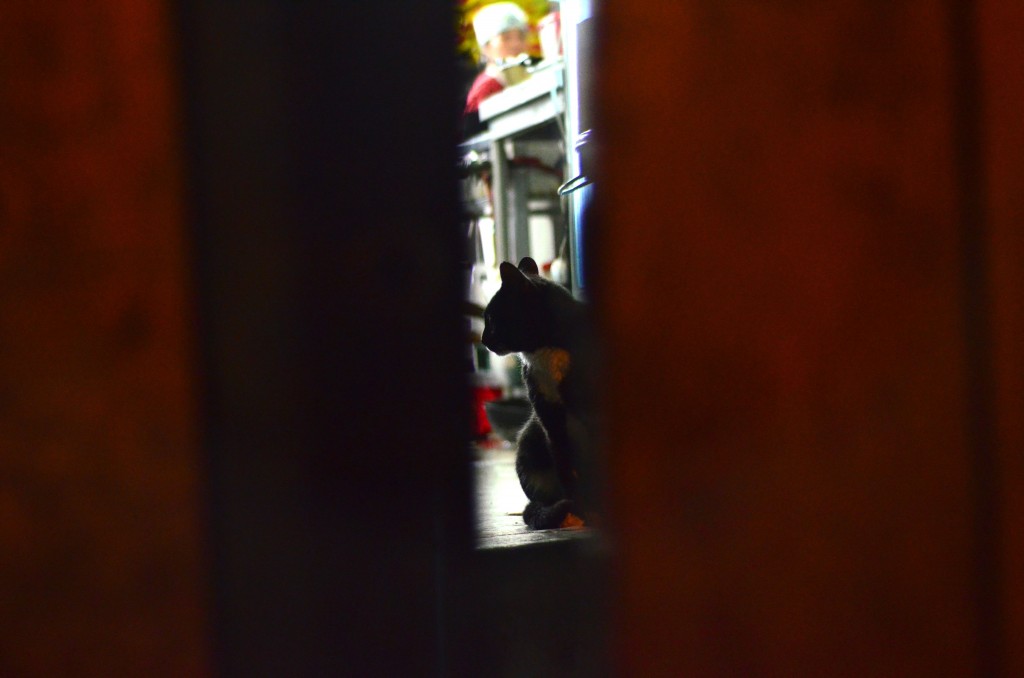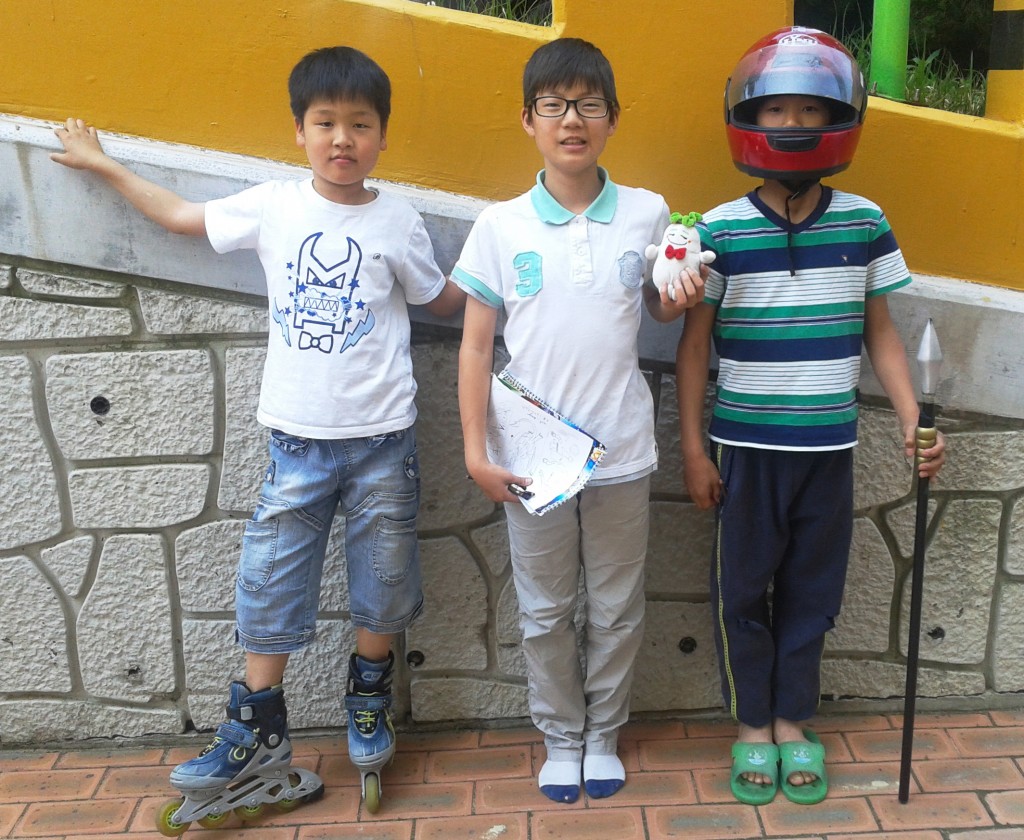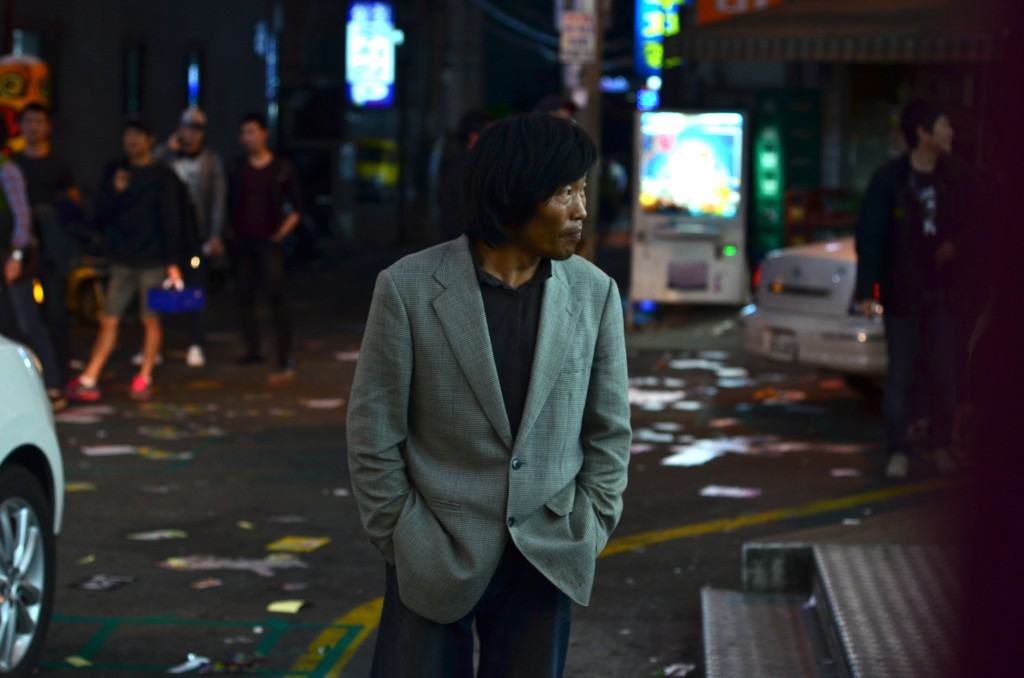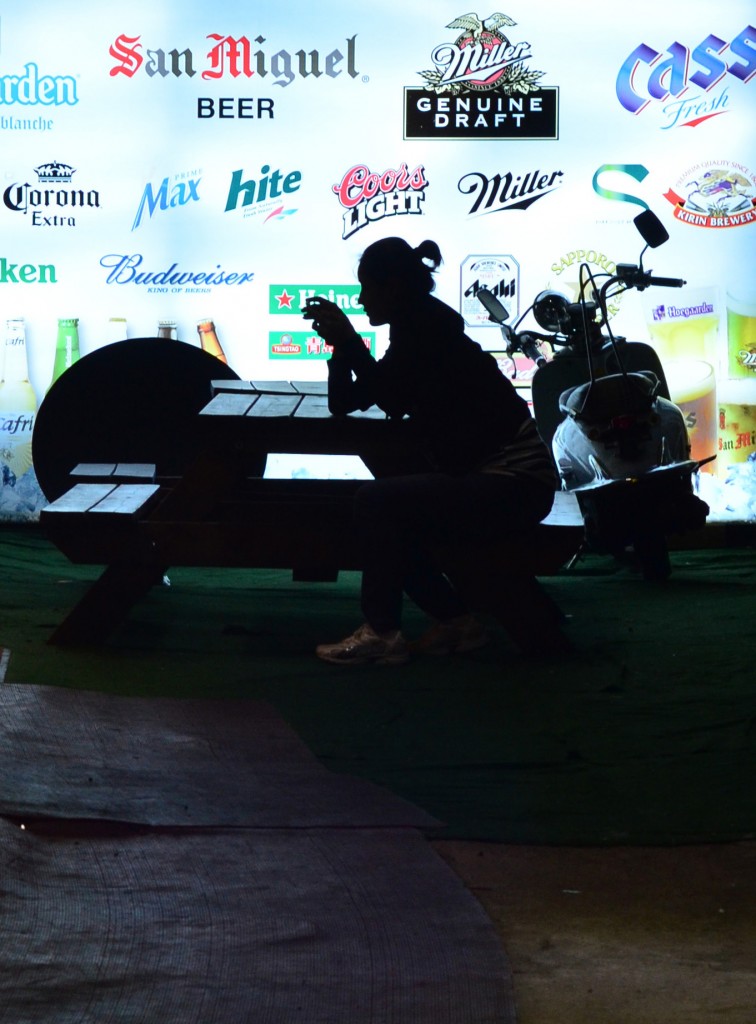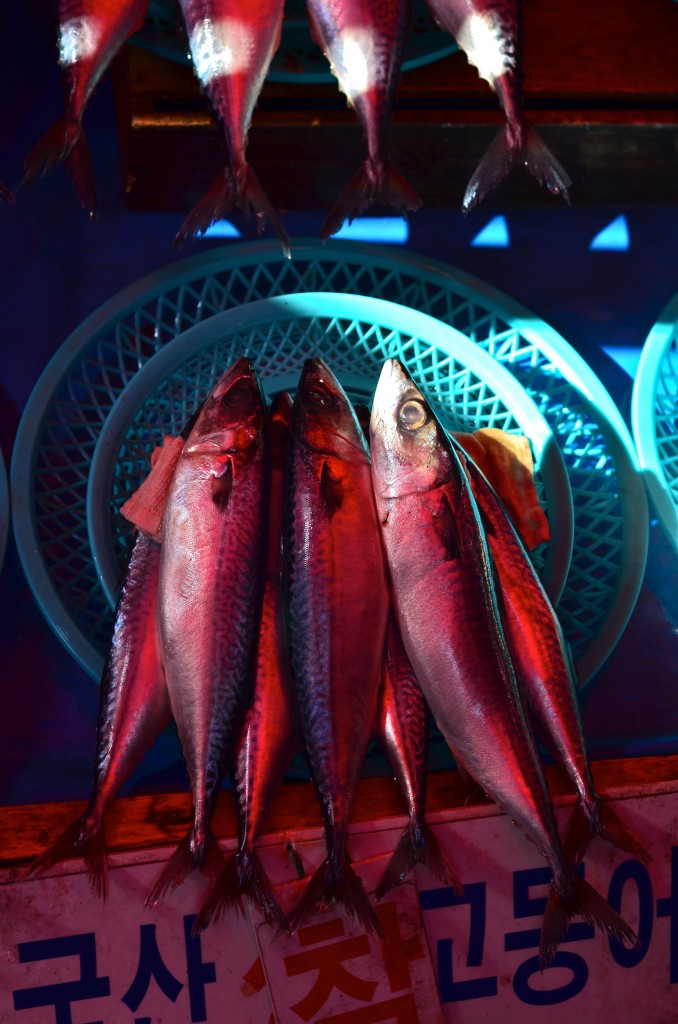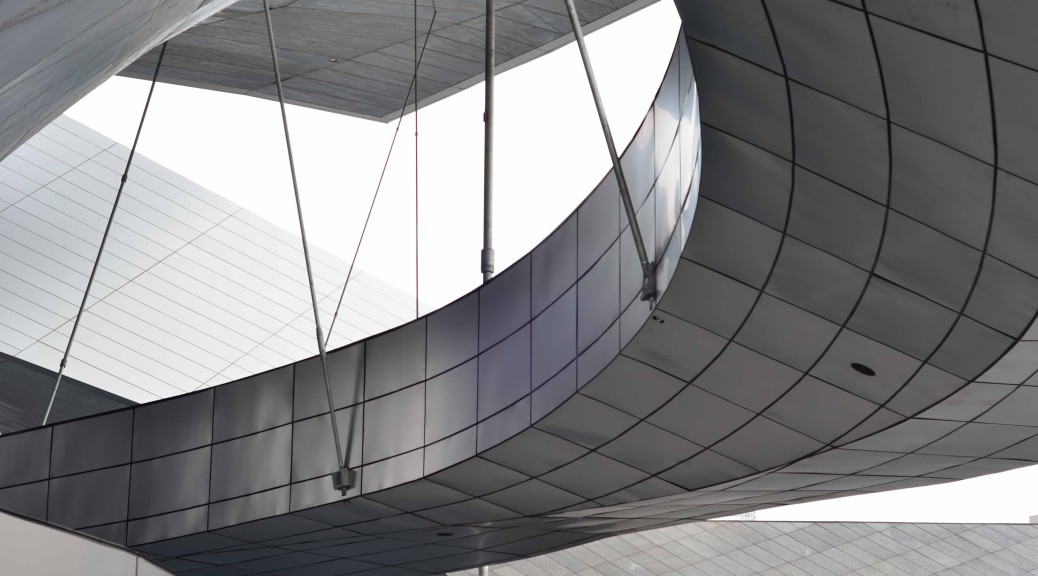
Tag Archives: 2012

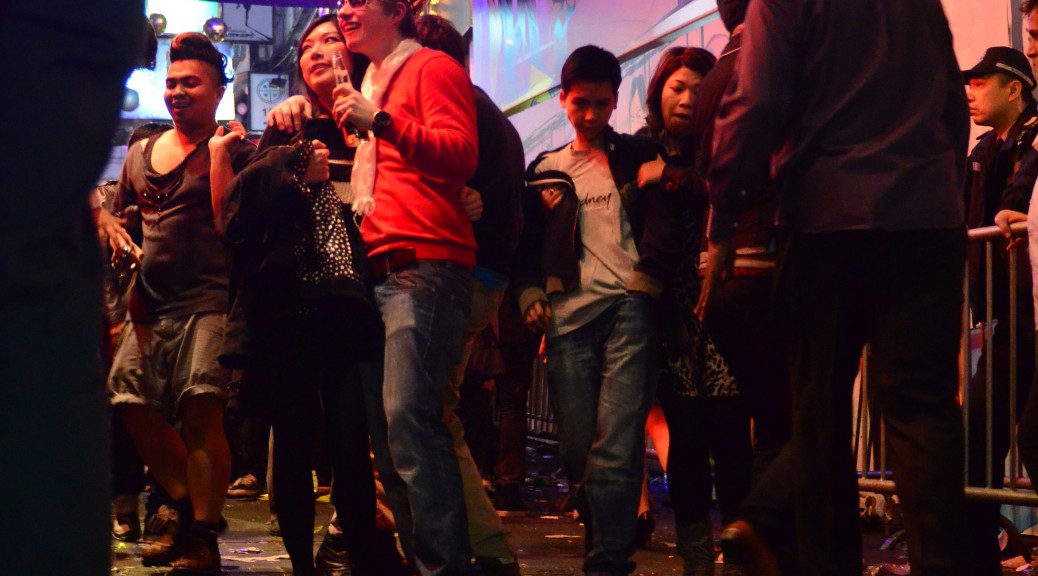
hong kong, dragons, lan kwai fong, occupy, and the new year.
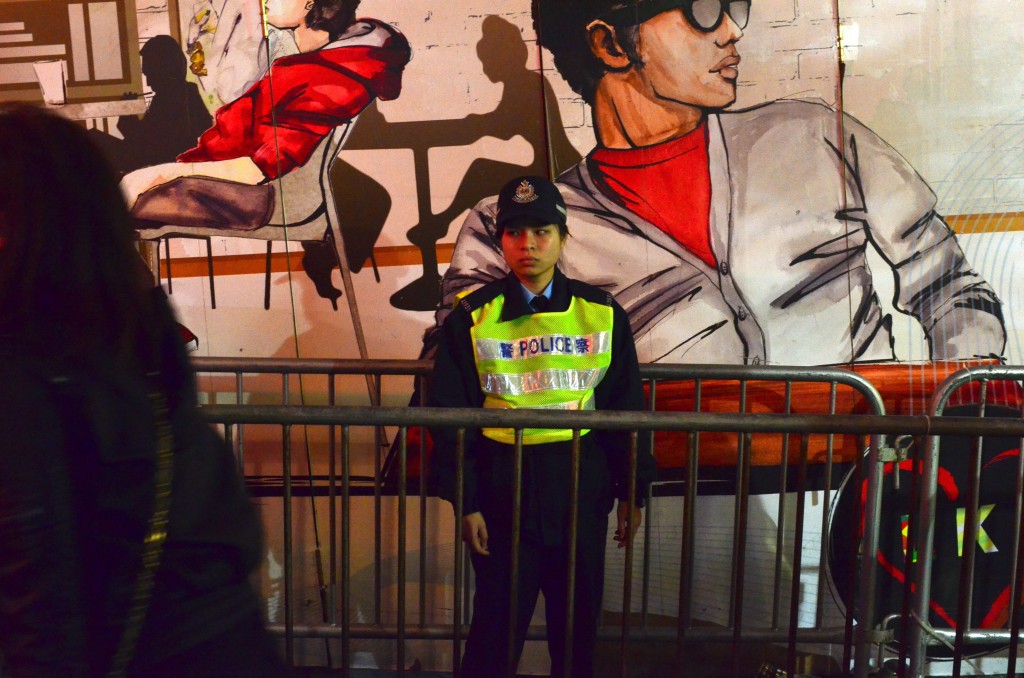
barricades and police surround the lan kwai fong area. a stampede in 1993 killed 20 people and forced the government to restrict crowds during new year celebrations.
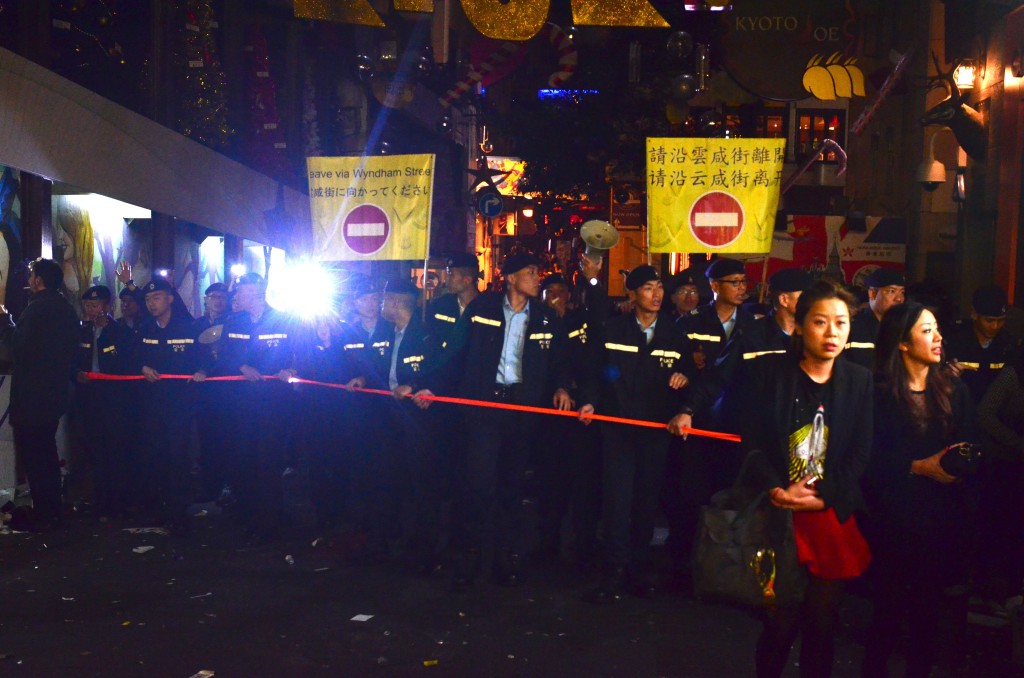
in the early hours of the new year a line of police officers sweeps the streets of loiterers, revelers and drunks.
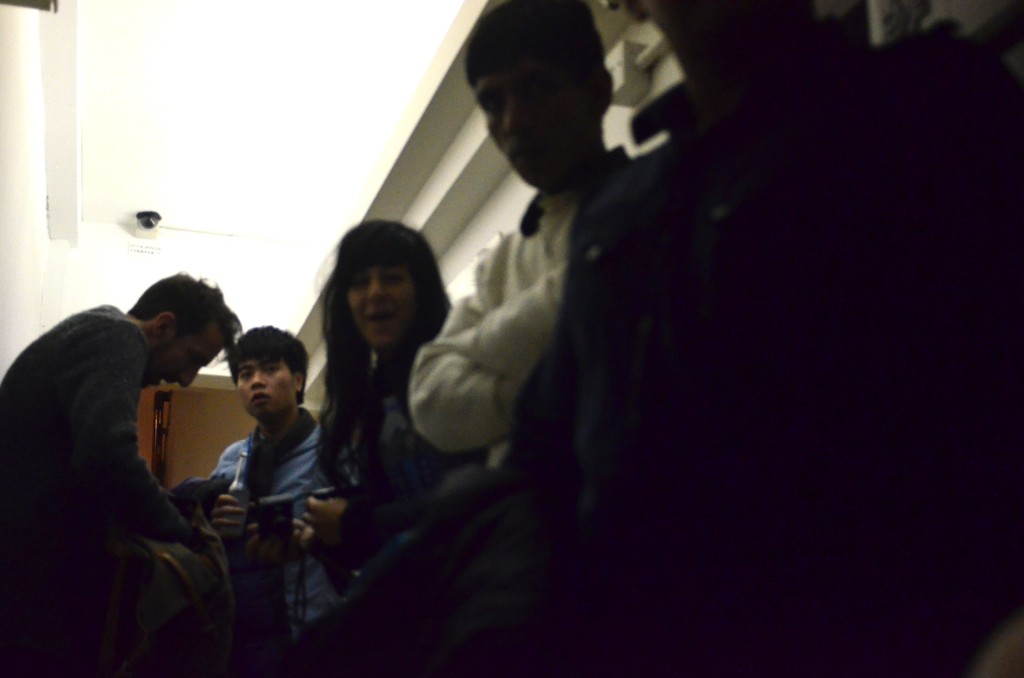
some of us hid in the entrances of residential buildings while the police cleared those left on the street.
“The word for “eight” (八 Pinyin: bā) sounds similar to the word which means “prosper” or “wealth” (發 – often paired with “發財” during Chinese New Years, but is used alone or paired with numerous other “compound words” that have a meaning of luck or success, Pinyin: fā). In regional dialects the words for “eight” and “fortune” are also similar, e.g., Cantonese “baat3” and “faat3”. Note as well, this particular symbol matches the mathematical symbol of infinity. While Chinese does have other words for luck, this full understanding of luck that includes the infinity concept marries into a Chinese understanding of this particular word.
There is also a visual resemblance between two digits, “88”, and 囍, the “shuāng xĭ” (“double joy”), a popular decorative design composed of two stylized characters 喜 (“xĭ” meaning “joy” or “happiness”).
The number 8 is viewed as such an auspicious number that even being assigned a number with several eights is considered very lucky.”
Numbers in Chinese culture. (2015, April 20). In Wikipedia, The Free Encyclopedia. Retrieved 13:19, April 26, 2015, from http://en.wikipedia.org/w/index.php?title=Numbers_in_Chinese_culture&oldid=657261768
december 2011/january 2012
alturas de juncal

Abril | 2012 | Busan
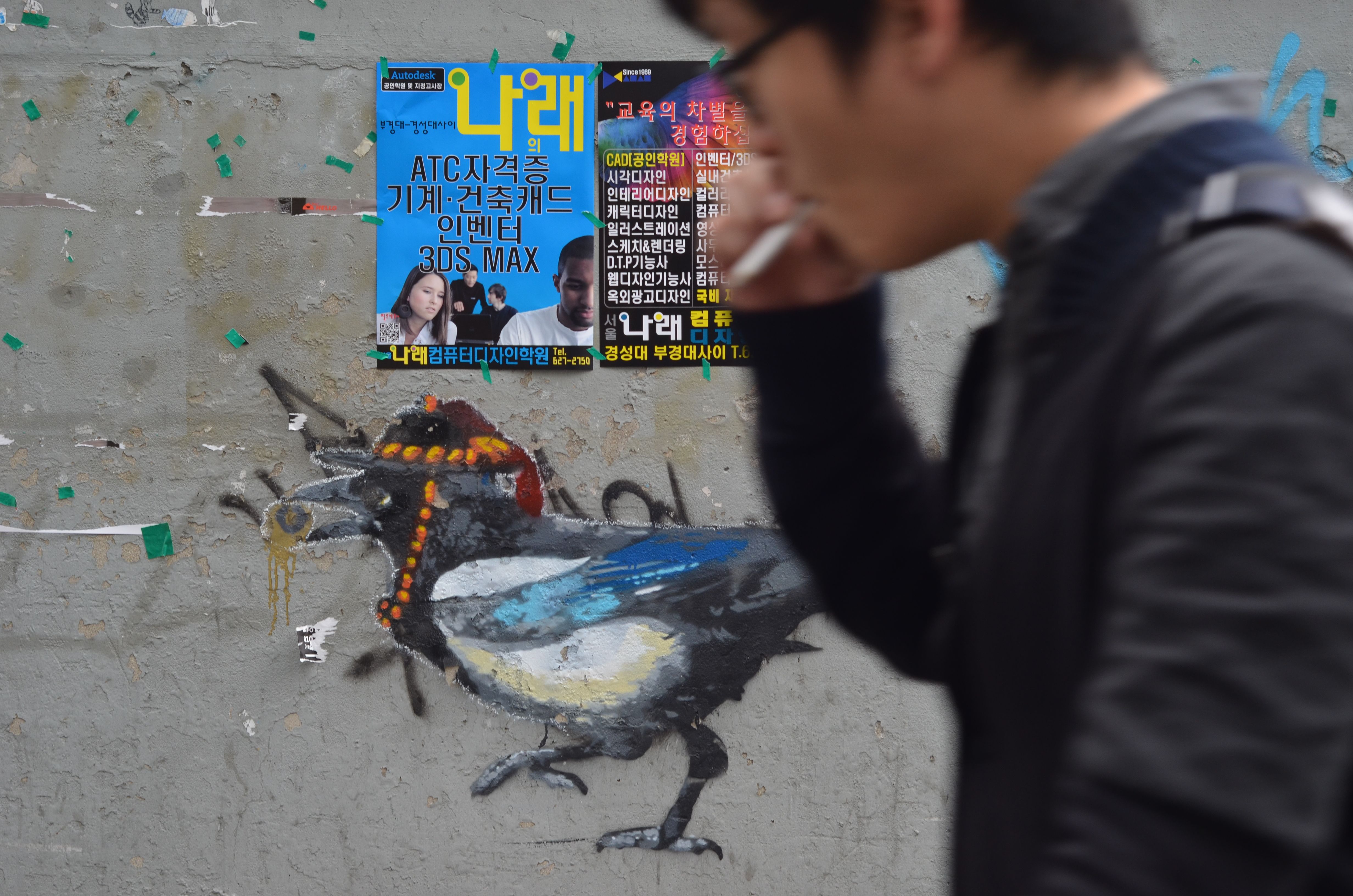
KSU y la bocca della Veritá
KSU en Busan no es lo mismo durante el día que durante la noche. Como collegetown, es un sector popular para el carrete descontrolado. Aquí se mezclan estudiantes universitarios coreanos y extranjeros, profesores de ingles e inmigrantes turcos, rusos y africanos.
En KSU encontramos un grafiti de una urraca (까치) con un sombrero militar antiguo.
Por ahí una Easy Rider
y un pedazo extraviado de la Italia. La Bocca della Verità. La leyenda cuenta que la imagen muerde si uno dice una mentira con la mano adentro de la boca. Queda sin comprobar.
Un león de ciudad (사자시티).
y un león de puerta (사자문).
En las afueras de KSU encontramos el cementerio de la Organización de las Naciones Unidas donde yacen soldados perecidos durante la Guerra de Corea.
Pensando en gatos y cosas italianas, aquí esta la versión de la canción “Volevo un gatto nero” en coreano (고양이네로). Mientras trabajaba en el colegio, escuche a una colega coreana cantando esta canción y me sonaba familiar.
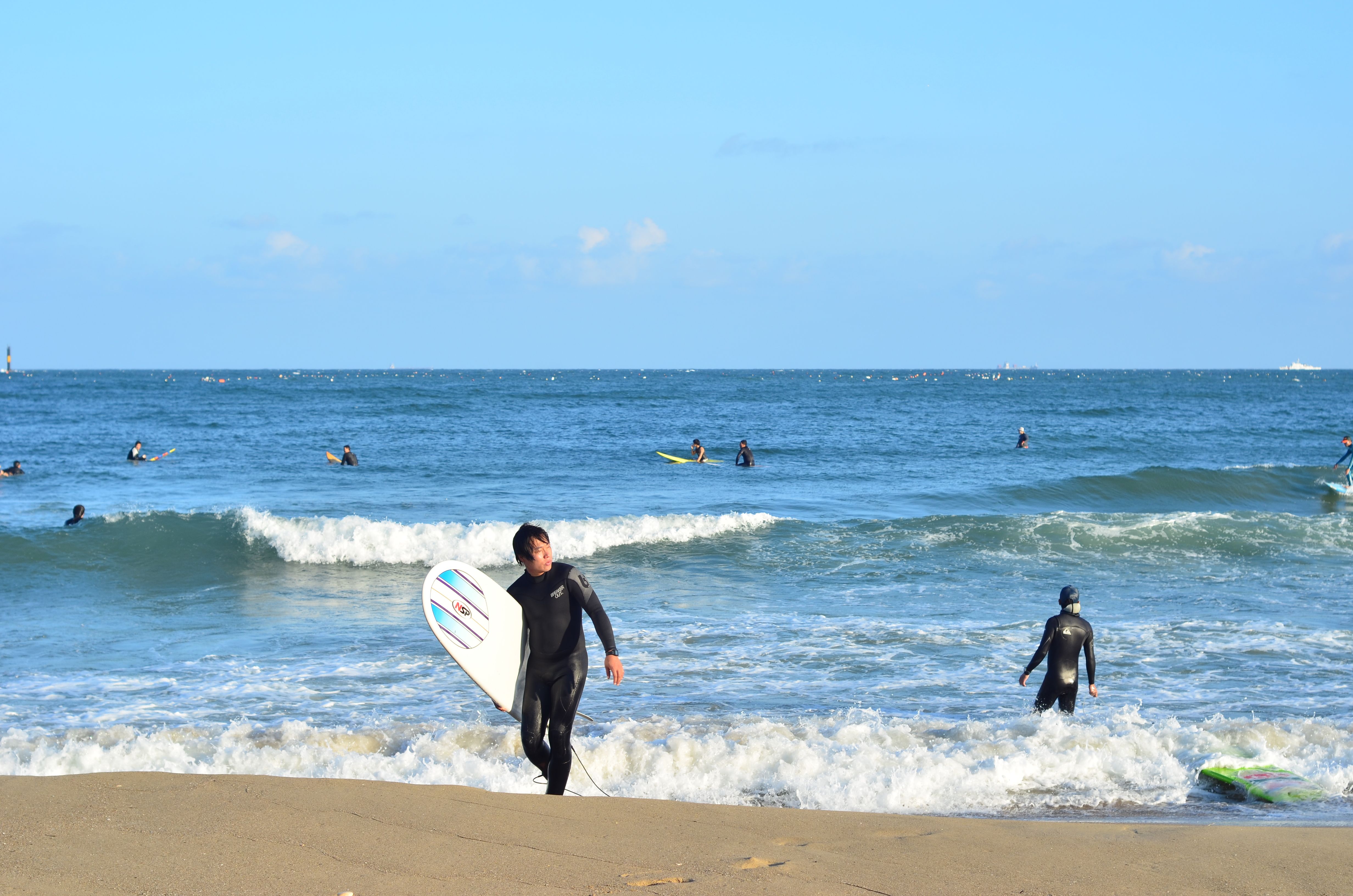
Unlucky pufferfish, beach bum nuns, a dog named Mountain
Photos September-Mid October. South Korea.
Beach bum nuns. Gwangally beach, Busan. Sept-7
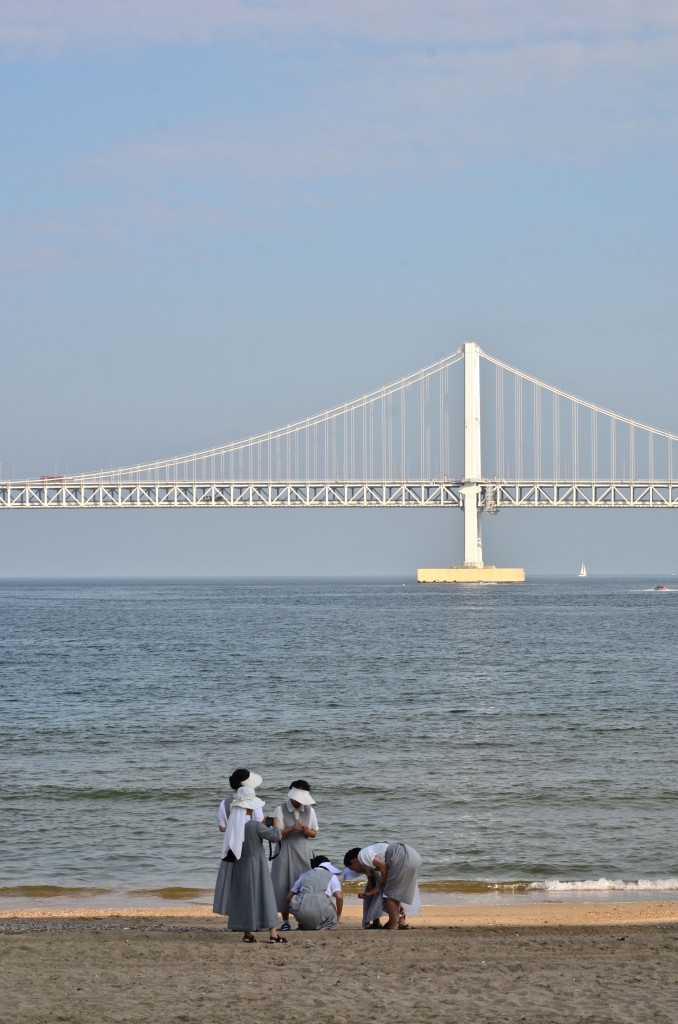
Zombie fish, Namchon. Sept-7
A sign falls off building after Typhoon Sanba hits Korea. Jangsan, Busan. Sept-17
Surfers, Songjong beach, Busan. Sept-26
Hakdong Pebble beach. Geoje Island, South Korea. Sept-30
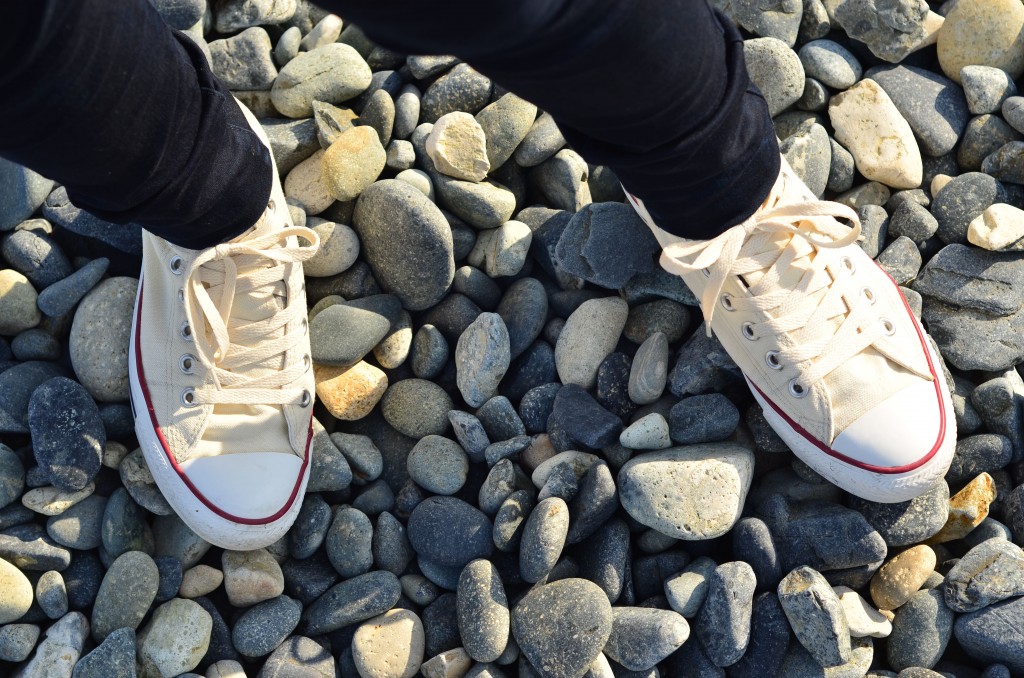 San 산 (Mountain) The Dog. Okpo, Geoje Island, South Korea. Oct-1
San 산 (Mountain) The Dog. Okpo, Geoje Island, South Korea. Oct-1
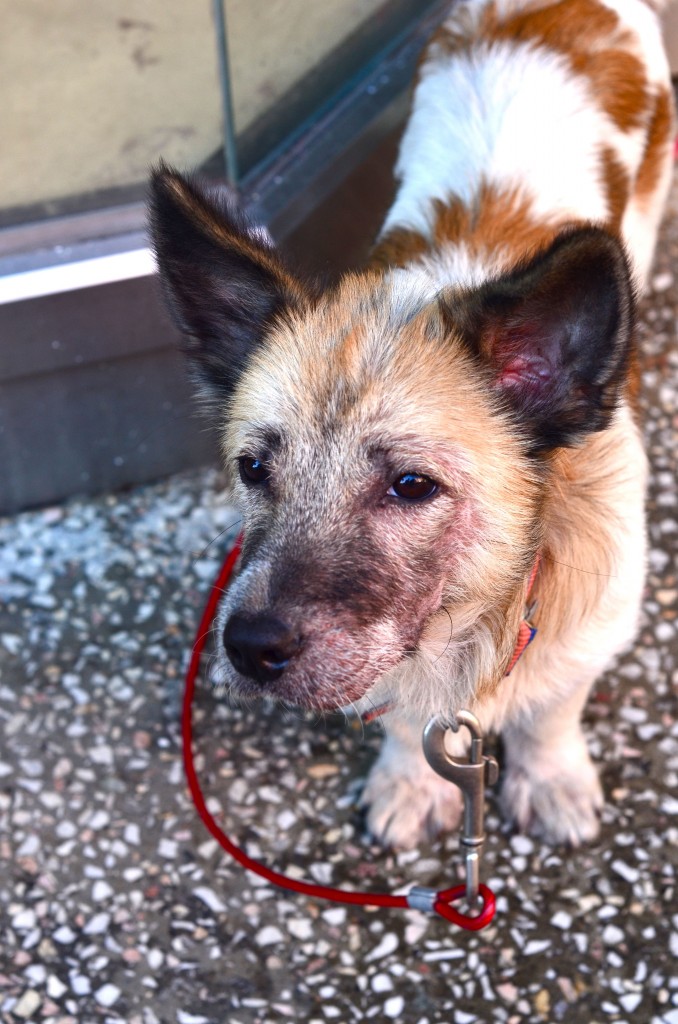 Windy Hill. Geoje, South Korea. Oct-1
Windy Hill. Geoje, South Korea. Oct-1
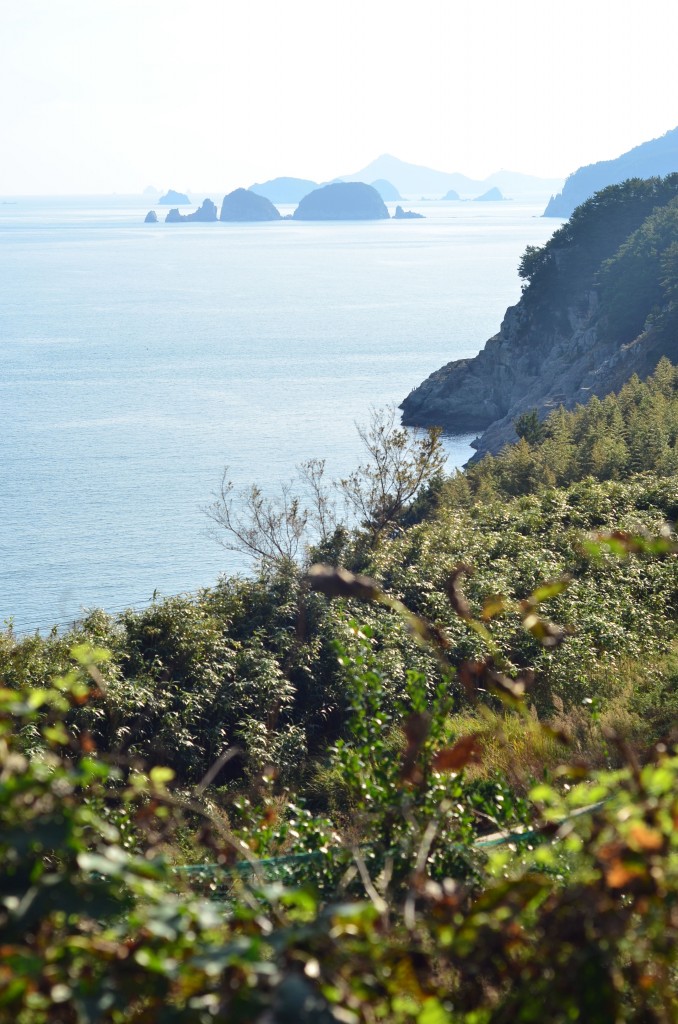 Swan, duck, and dragon boats. Gucheon Dam, Geoje Island, South Korea. Oct-2
Swan, duck, and dragon boats. Gucheon Dam, Geoje Island, South Korea. Oct-2
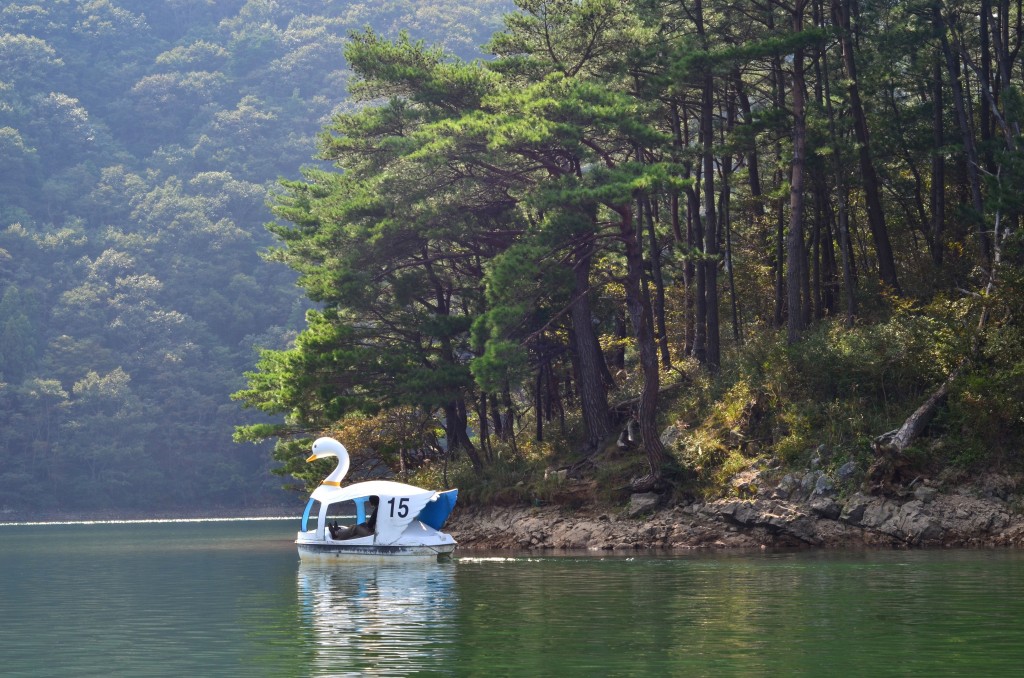 Stone people. Gucheon Dam, Geoje Island, South Korea. Oct-2
Stone people. Gucheon Dam, Geoje Island, South Korea. Oct-2
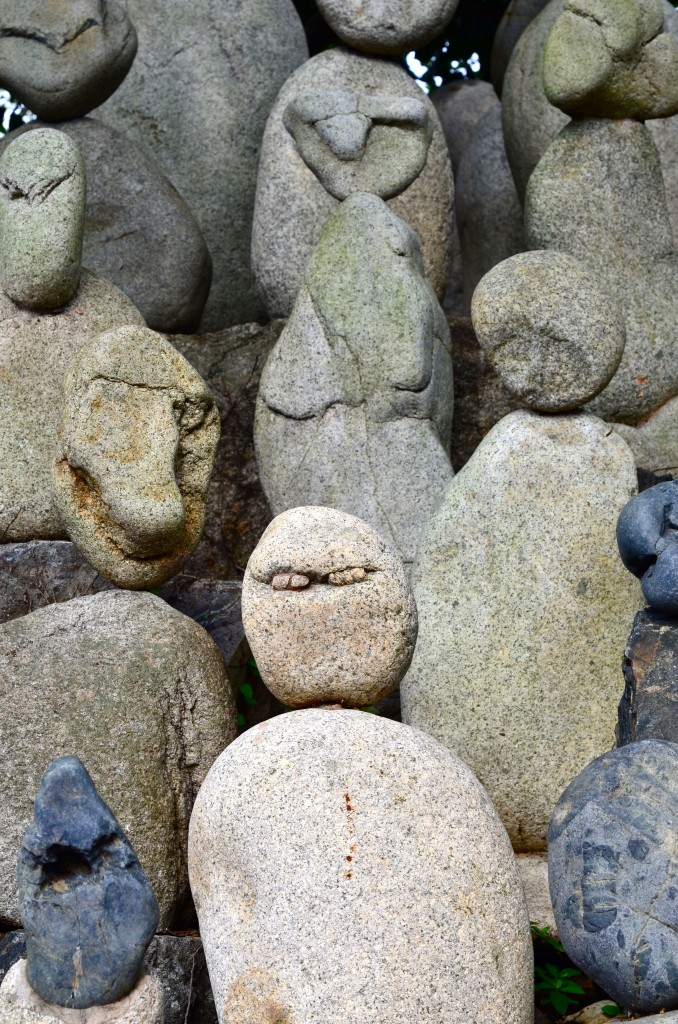 Turtle ship Tongyeong, South Korea. Oct-3
Turtle ship Tongyeong, South Korea. Oct-3
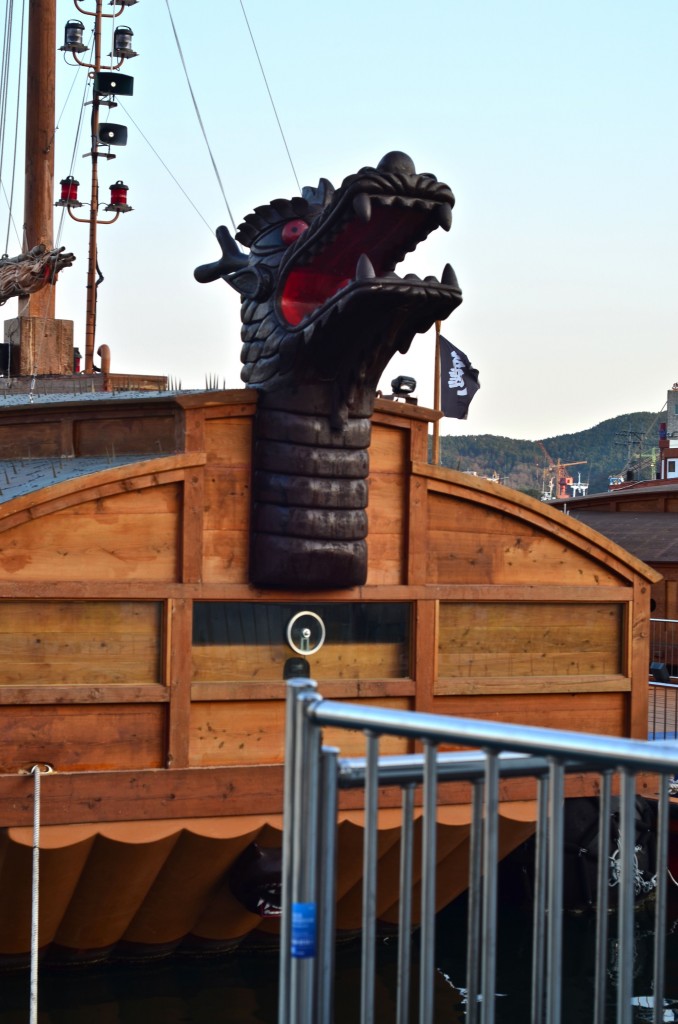 Persimmons, Songjong beach, Busan. Oct-8.
Persimmons, Songjong beach, Busan. Oct-8.
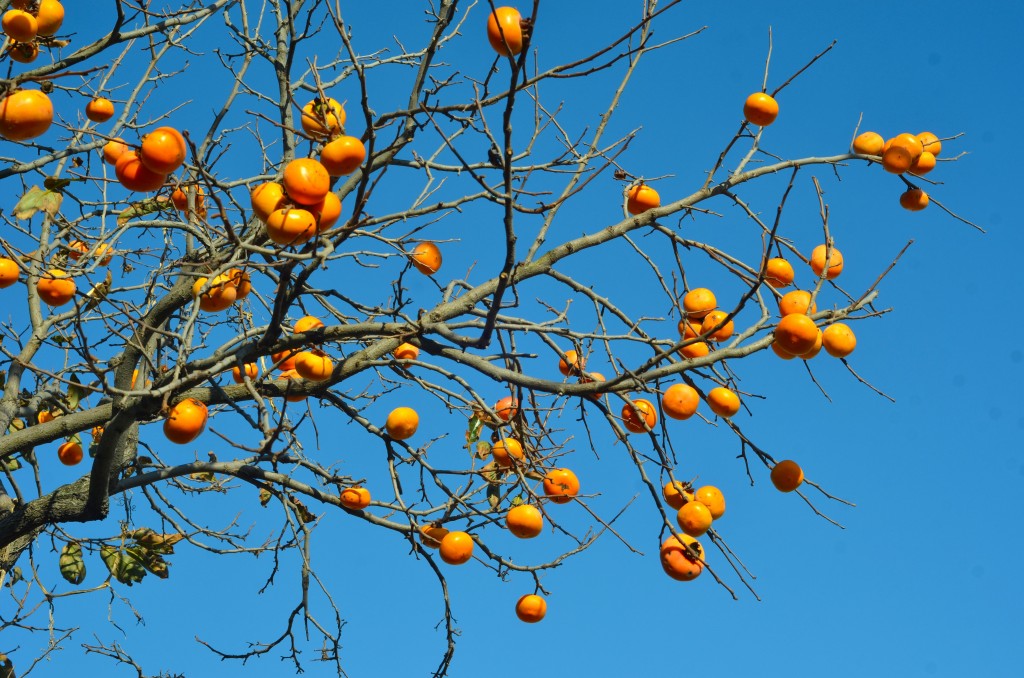 Bungeoppang. Batter + Red bean paste = yum. Nampo, Busan. Oct-10
Bungeoppang. Batter + Red bean paste = yum. Nampo, Busan. Oct-10
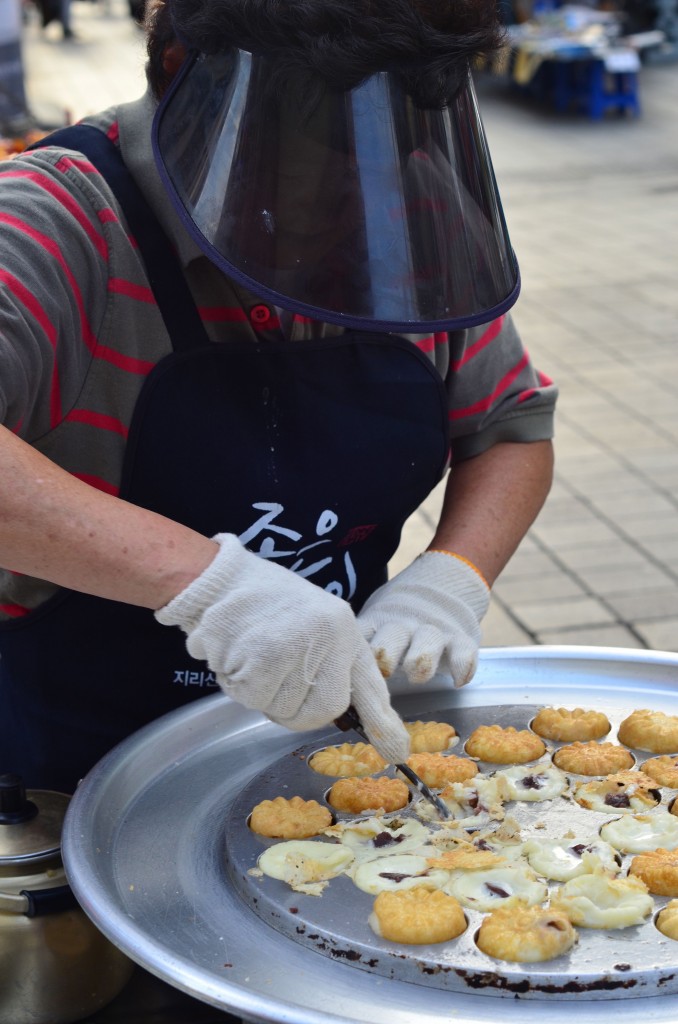 Big Squid. Fish markets. Jagalchi, Busan. Oct-10
Big Squid. Fish markets. Jagalchi, Busan. Oct-10
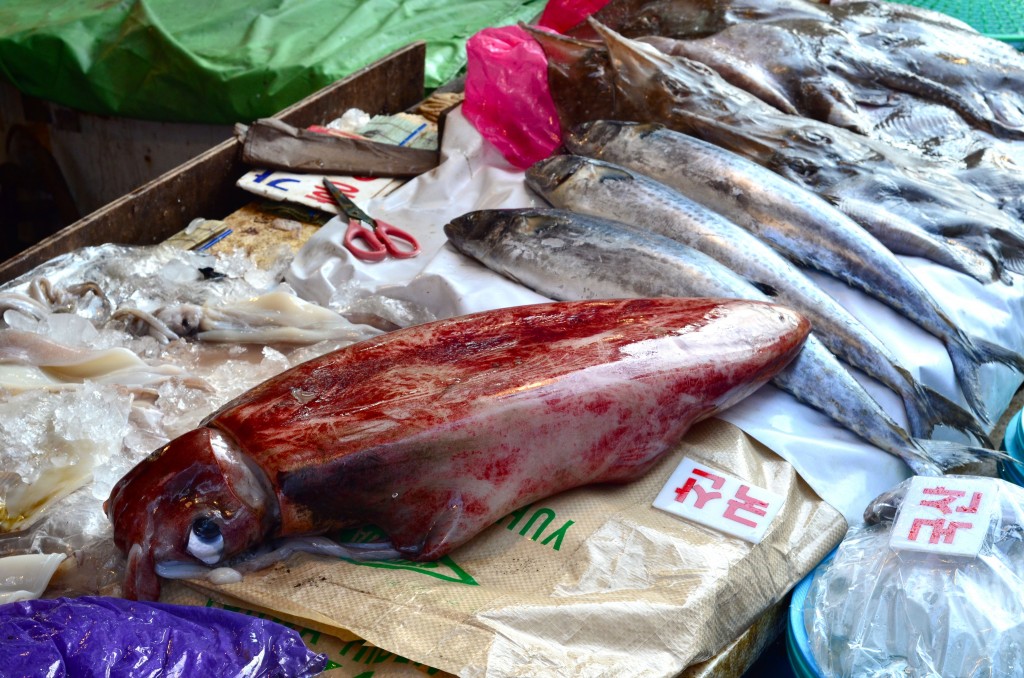 Fish. Fish markets. Jagalchi, Busan. Oct-10
Fish. Fish markets. Jagalchi, Busan. Oct-10
Lotus root. Fish markets. Jagalchi, Busan. Oct-10
Pufferfish with lipstick. For your good luck not theirs. Fish markets. Jagalchi, Busan. Oct-10
Protected: Monster cats, kids with guns, perros patiperros
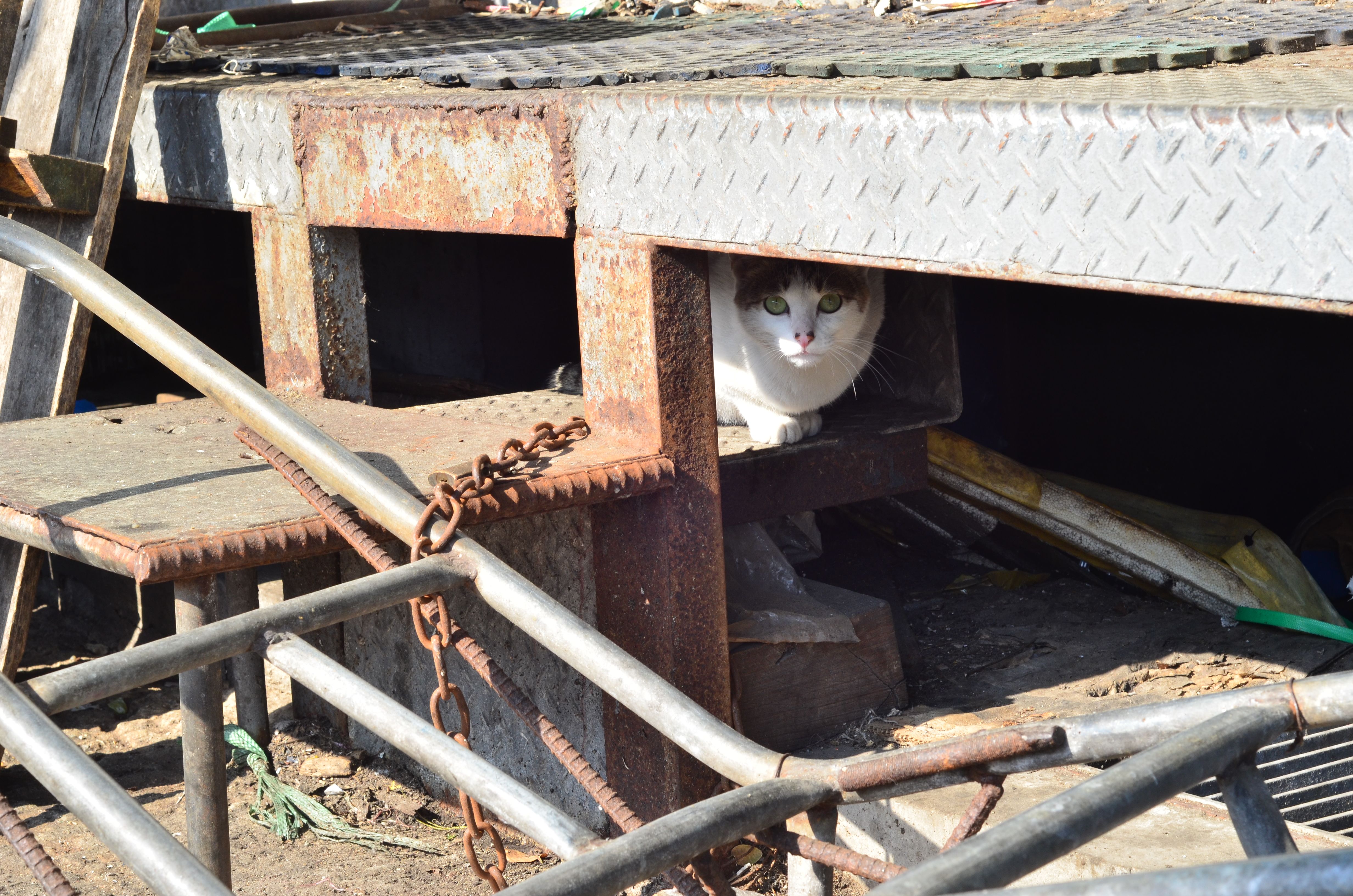
Street fighting, basements, scary cats.
